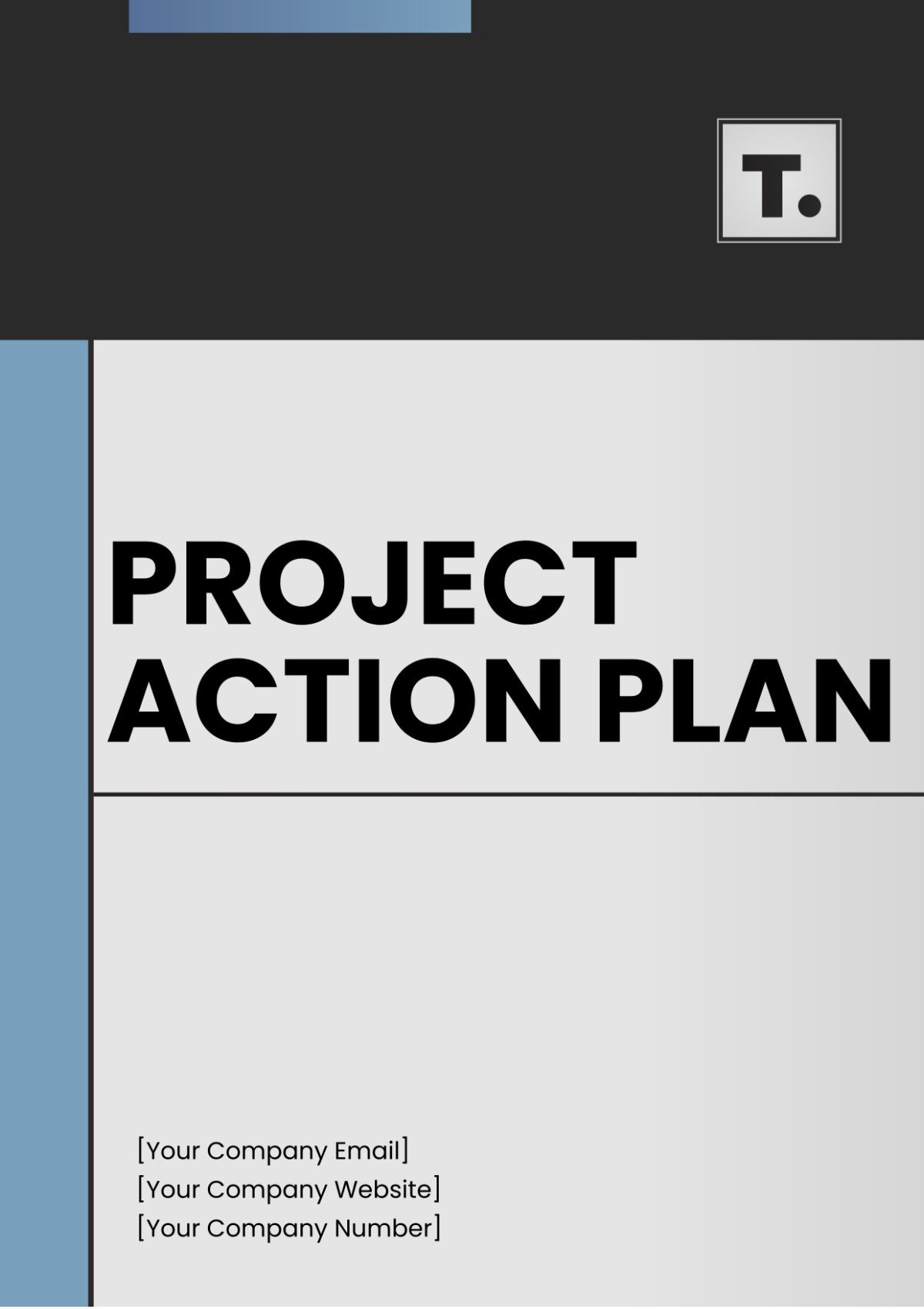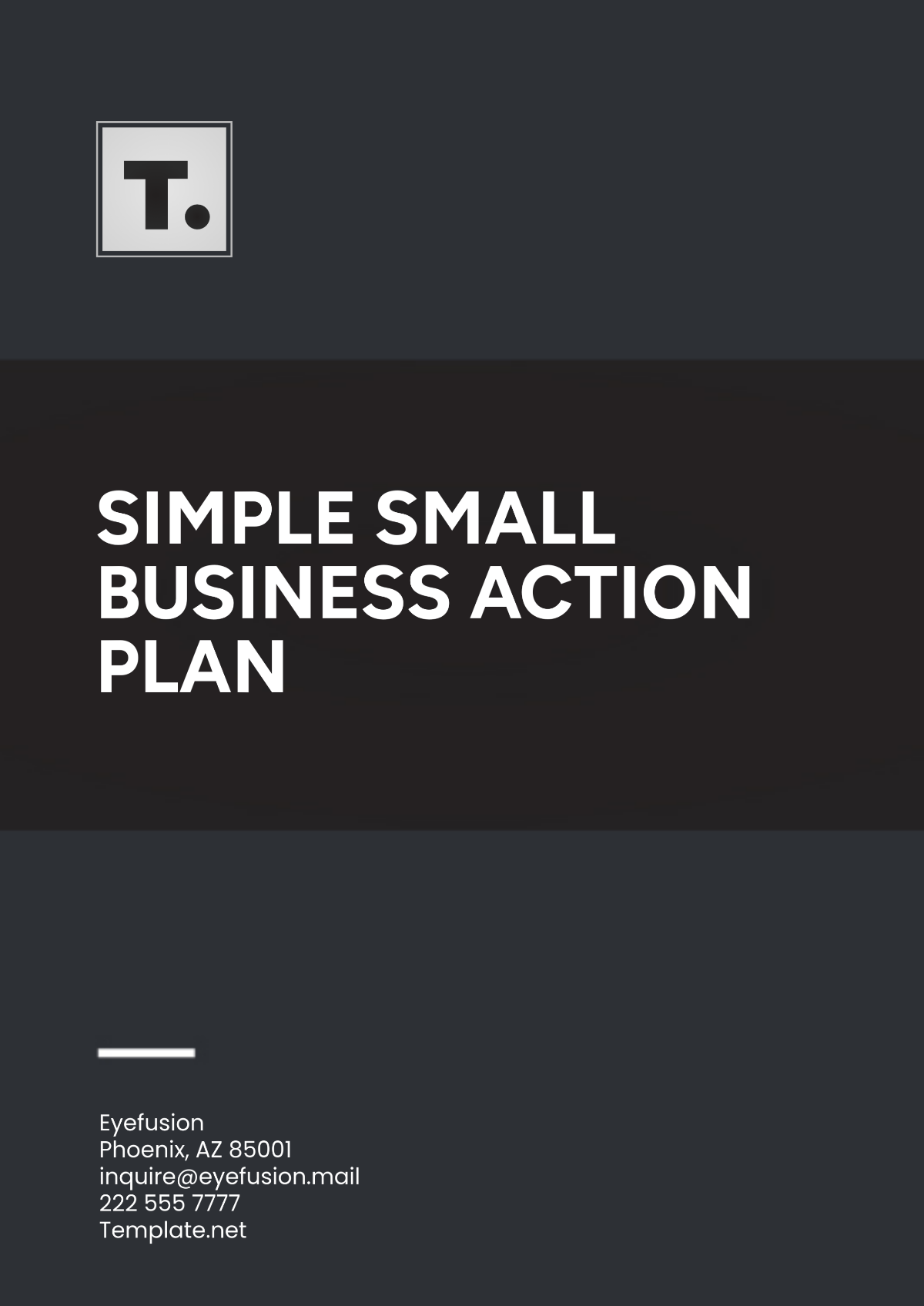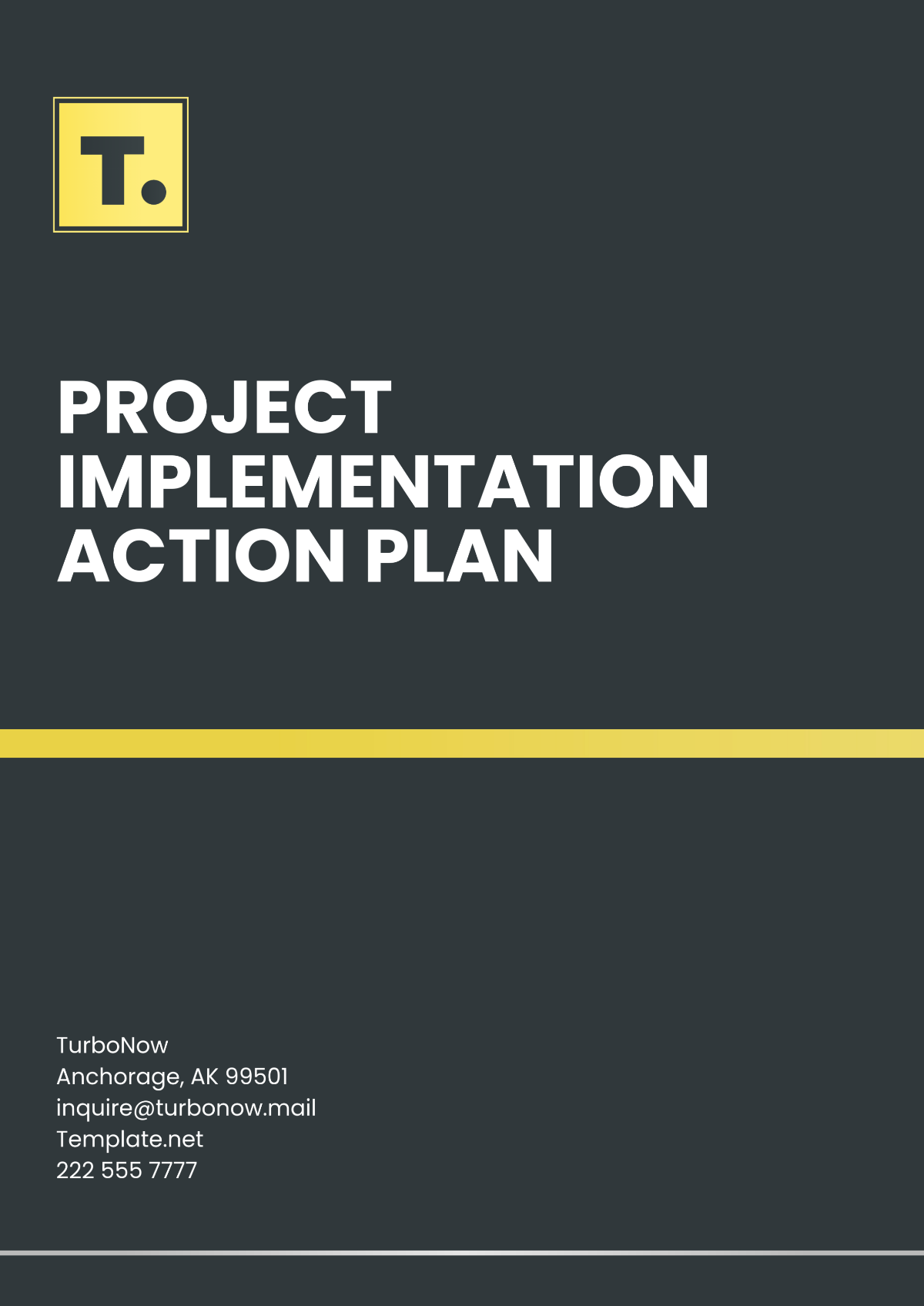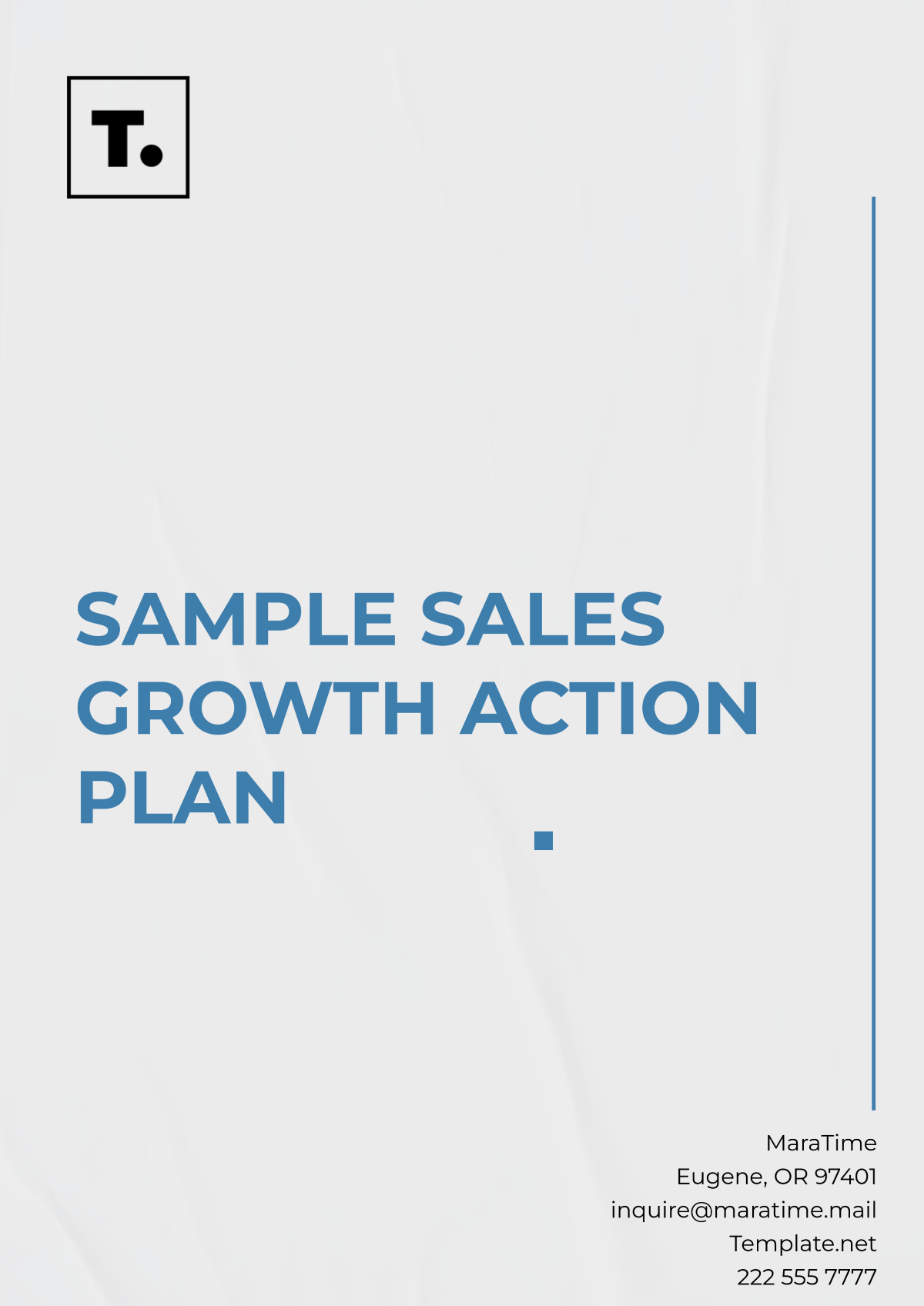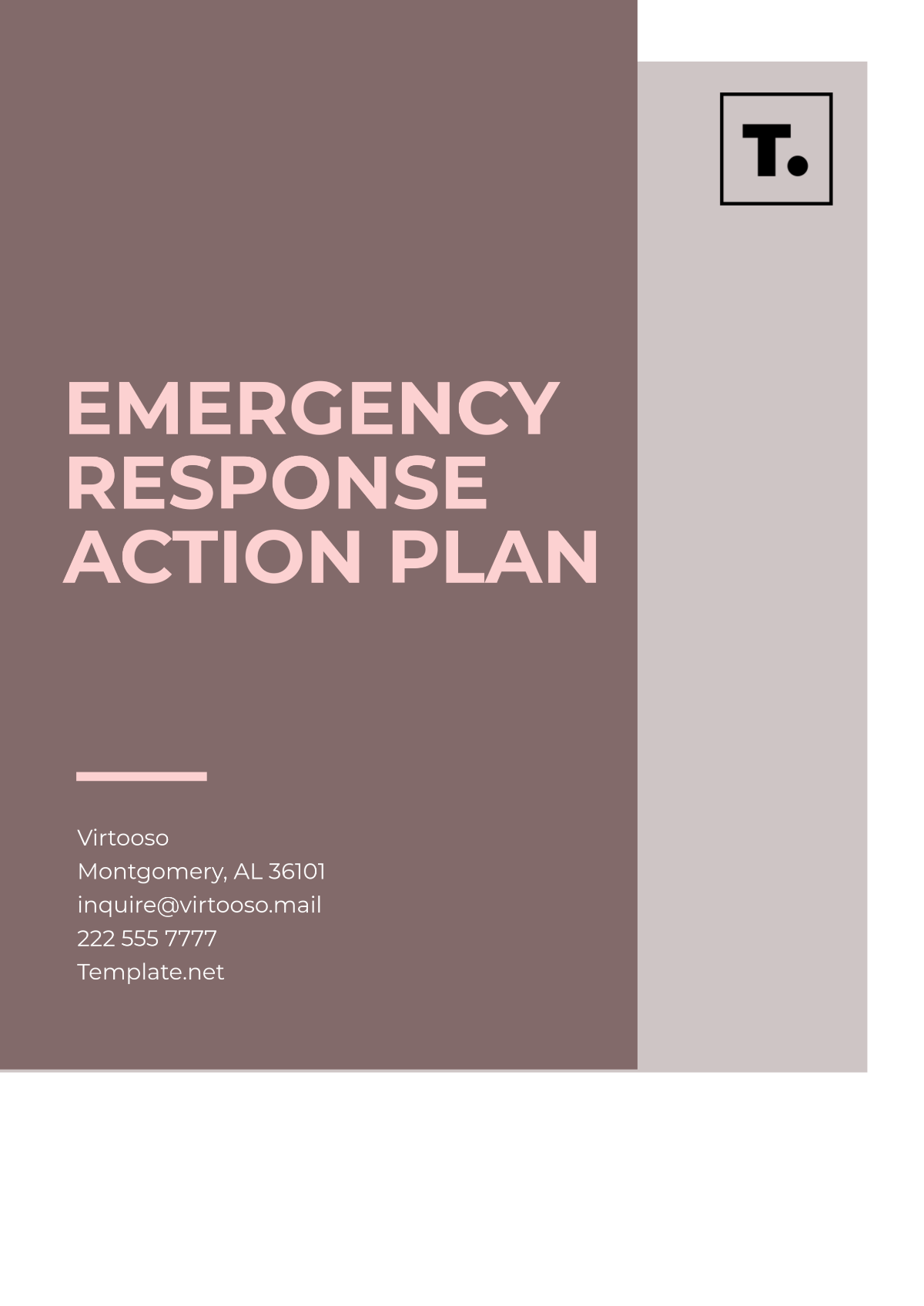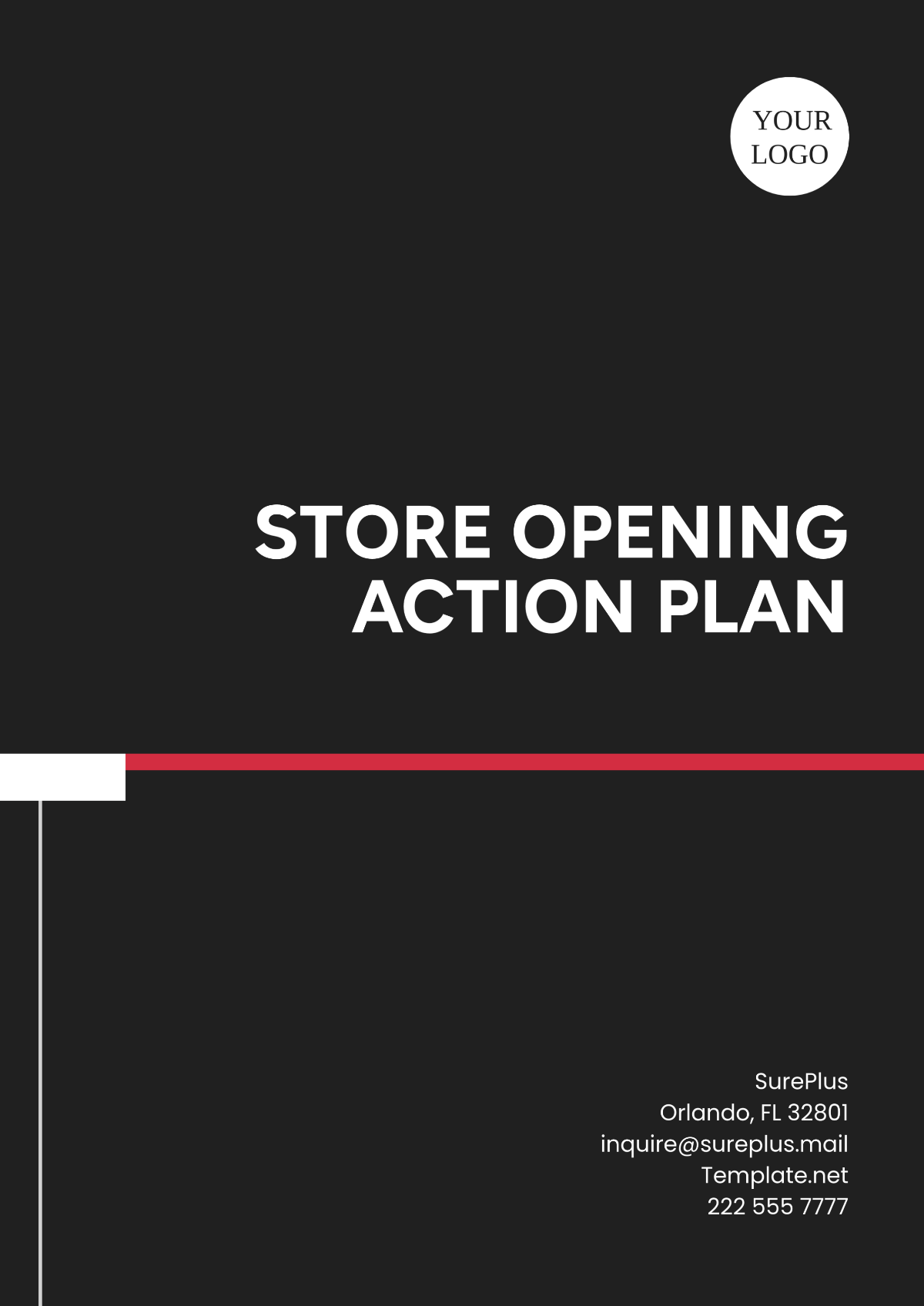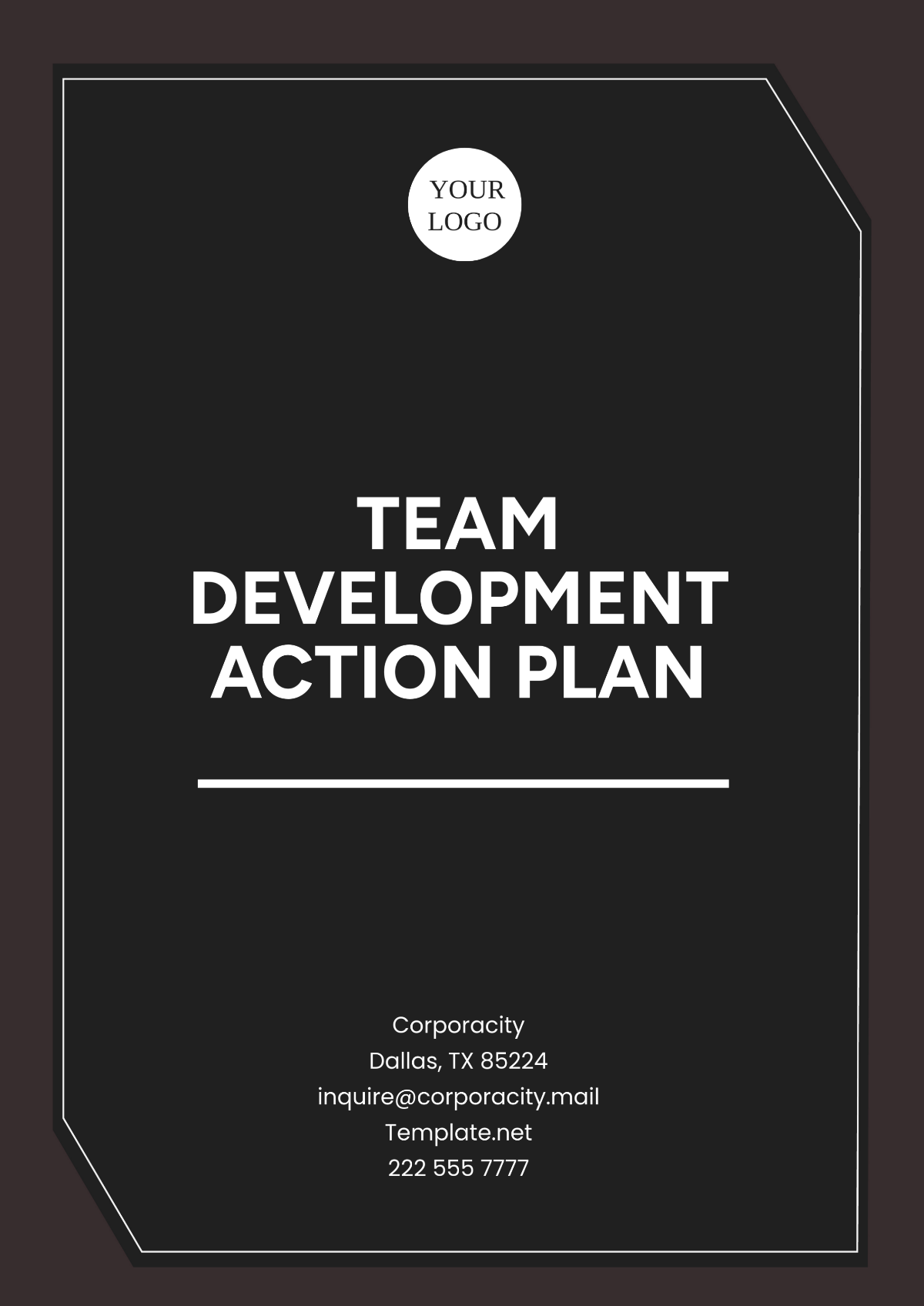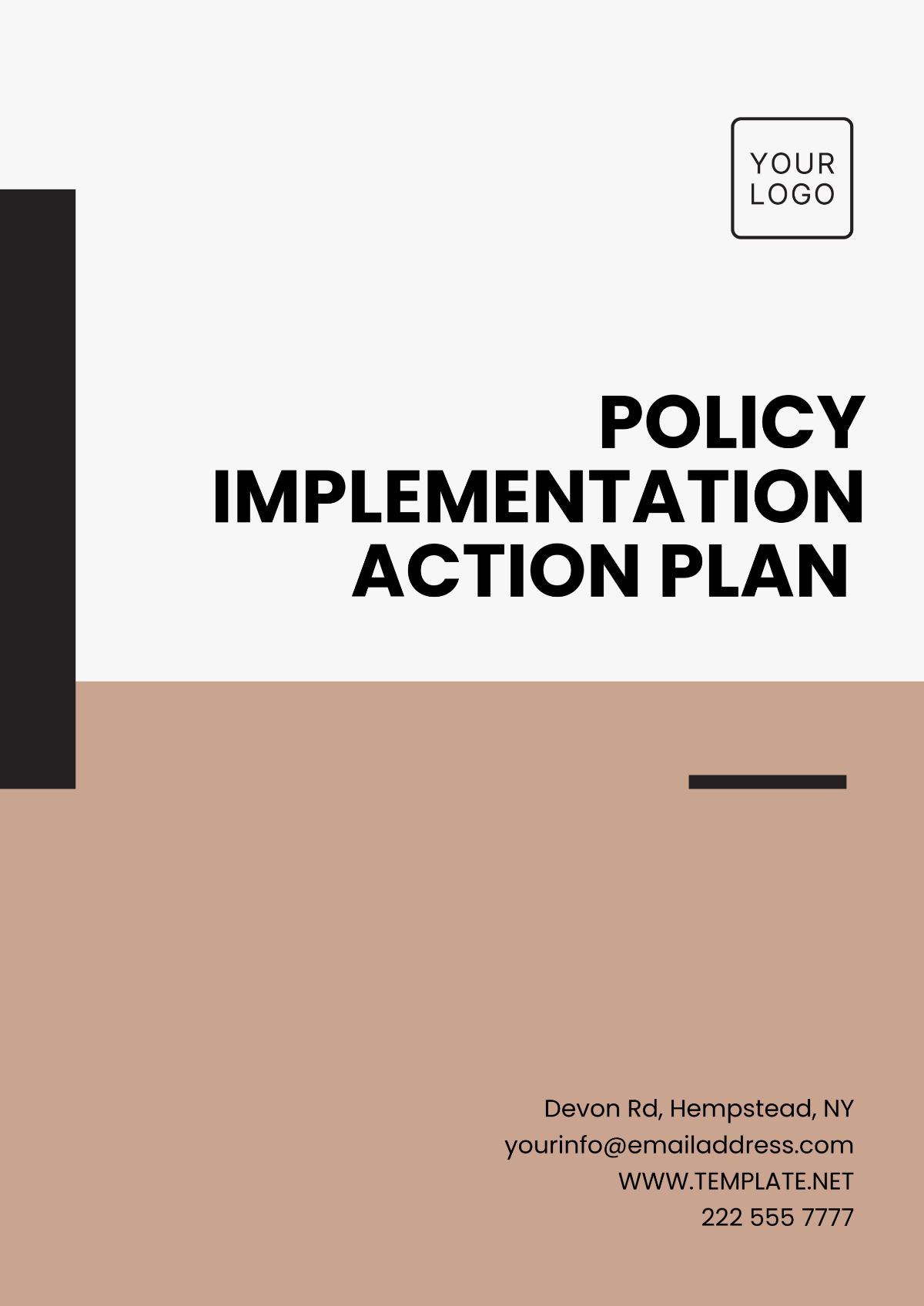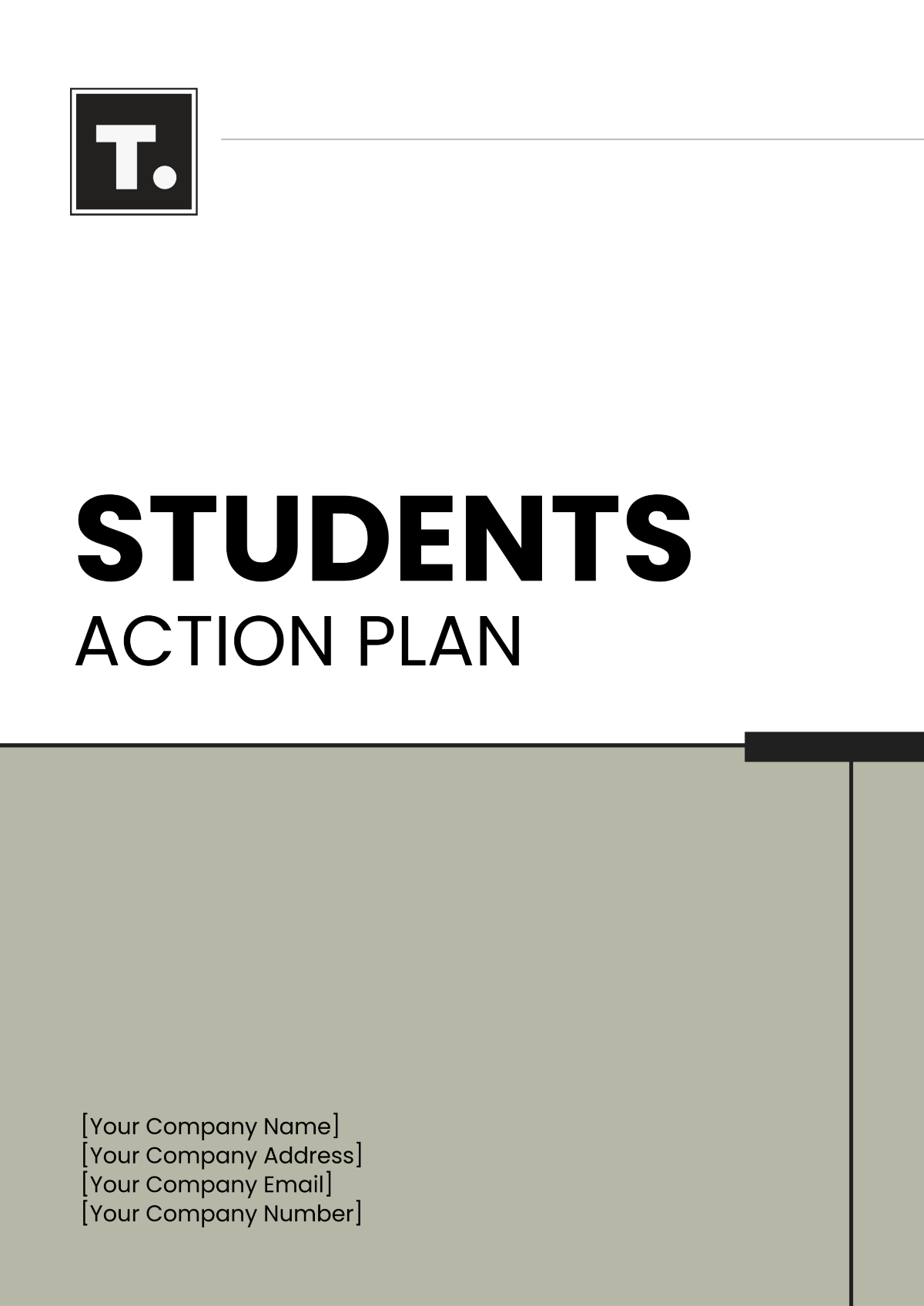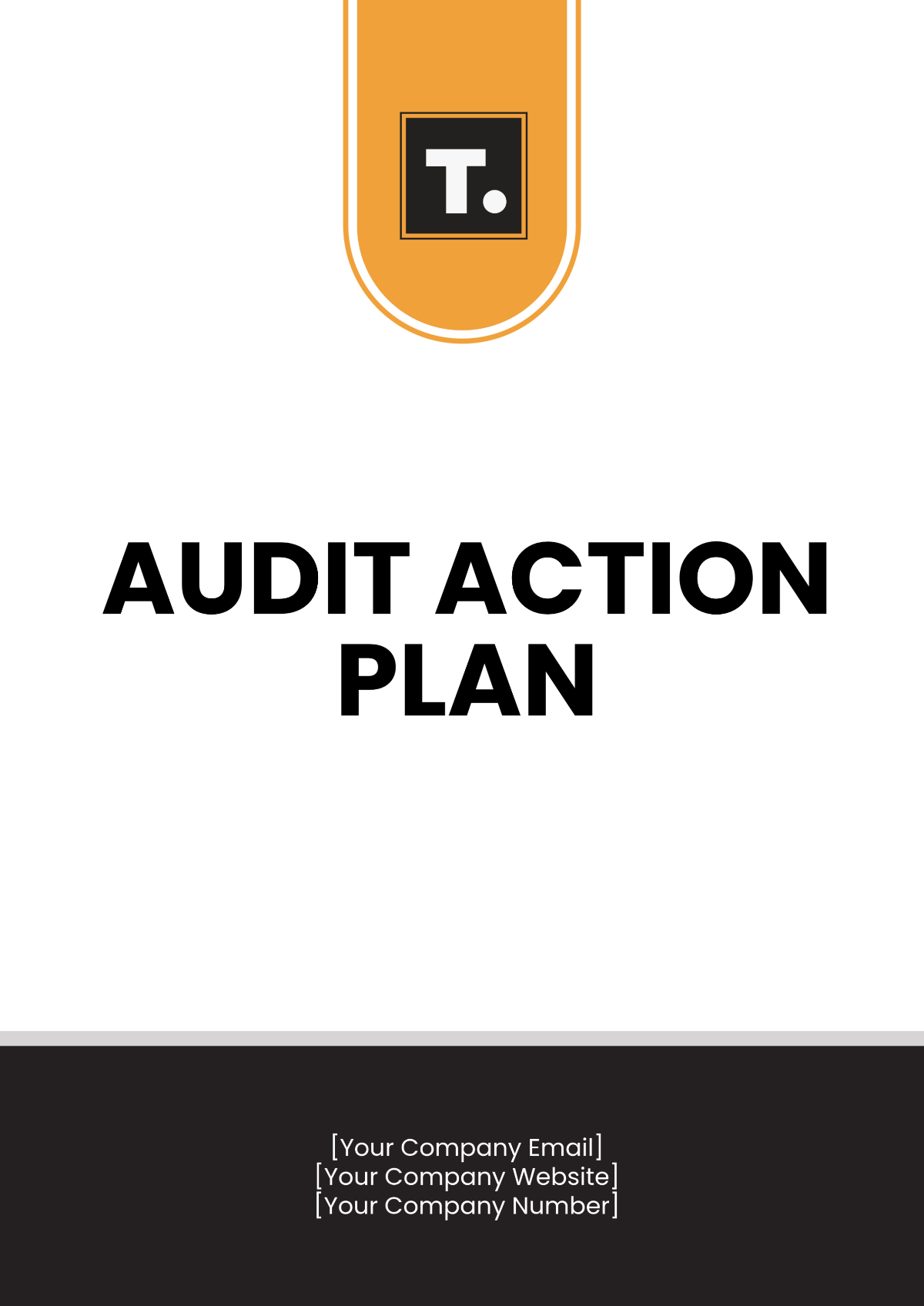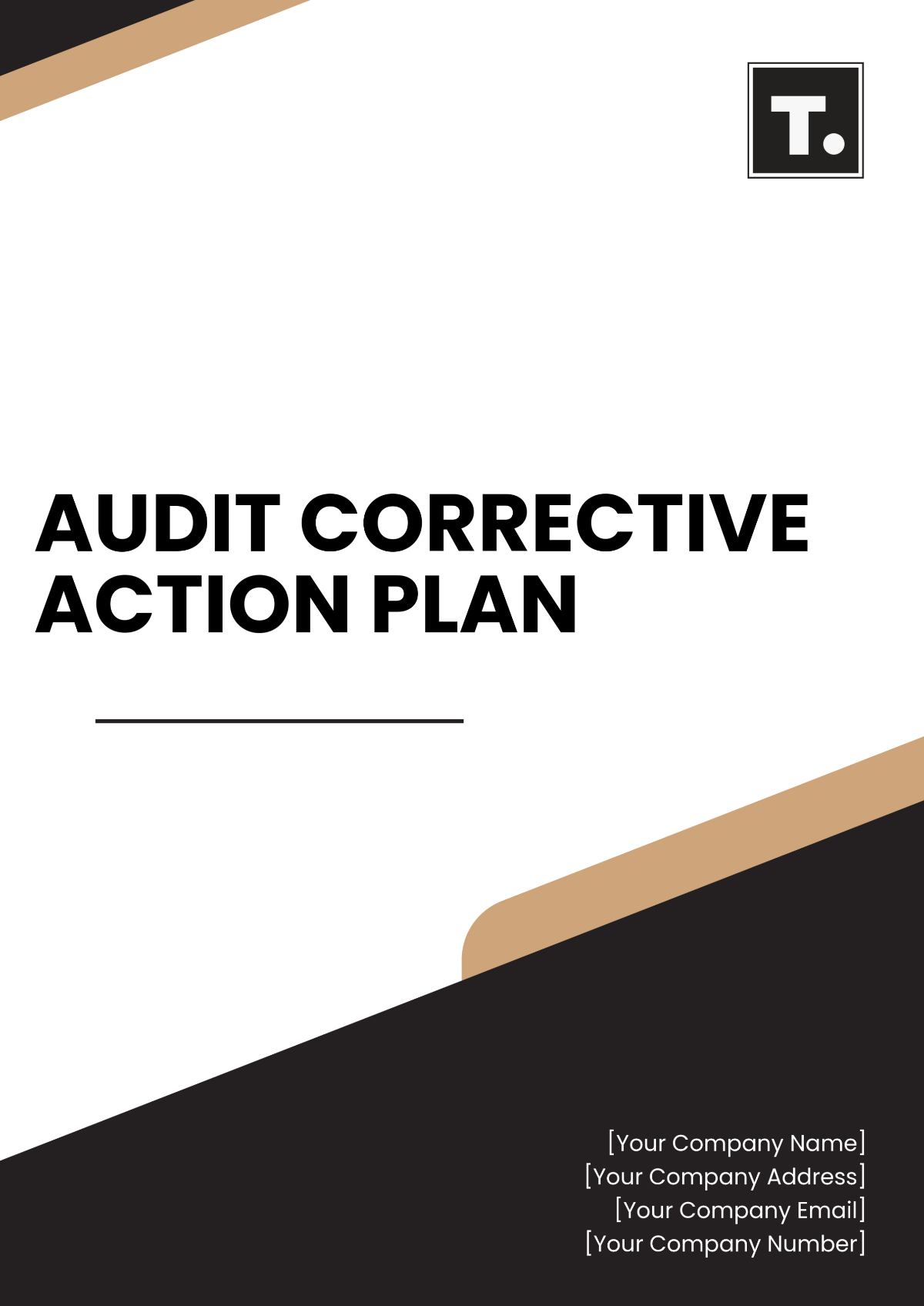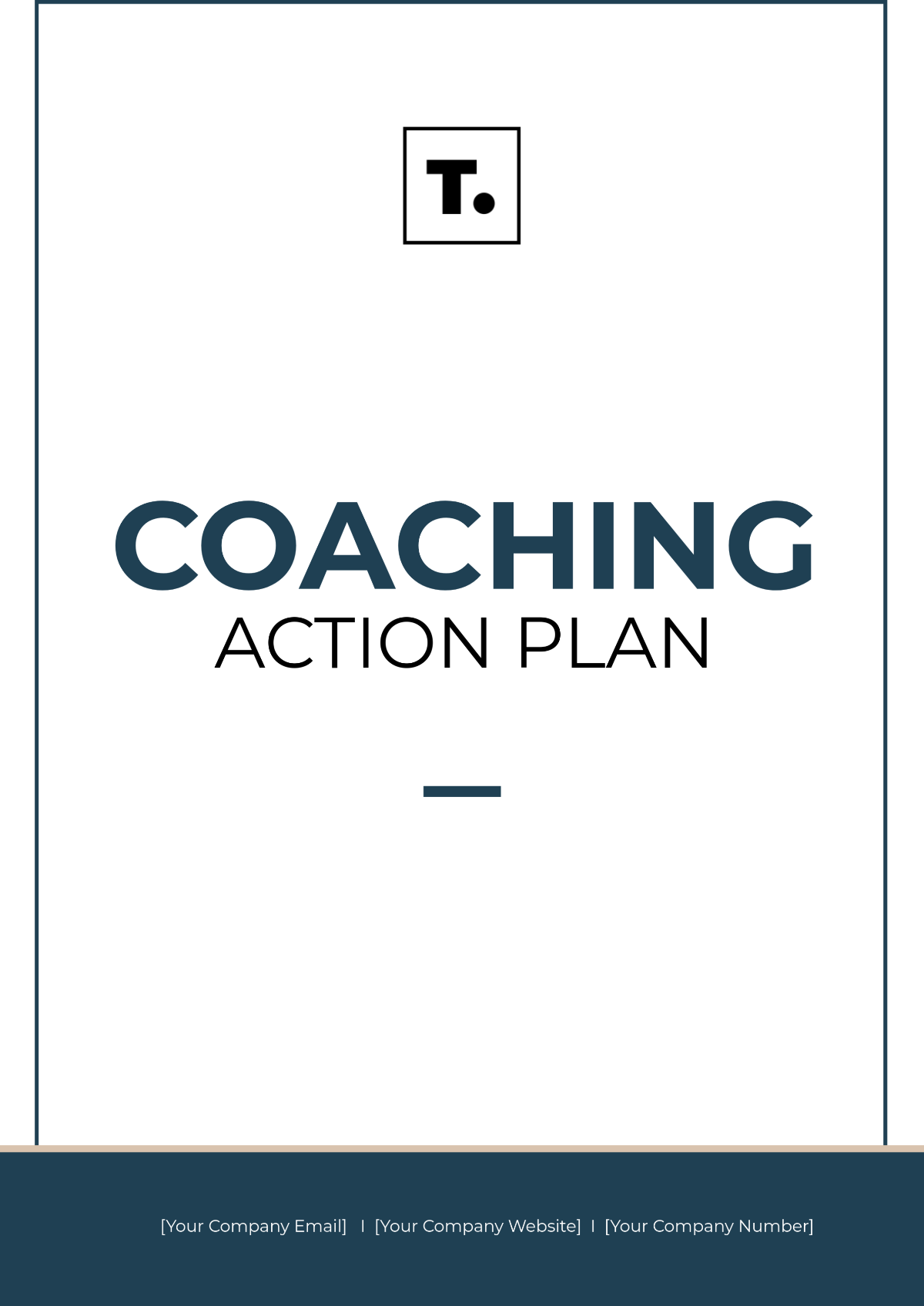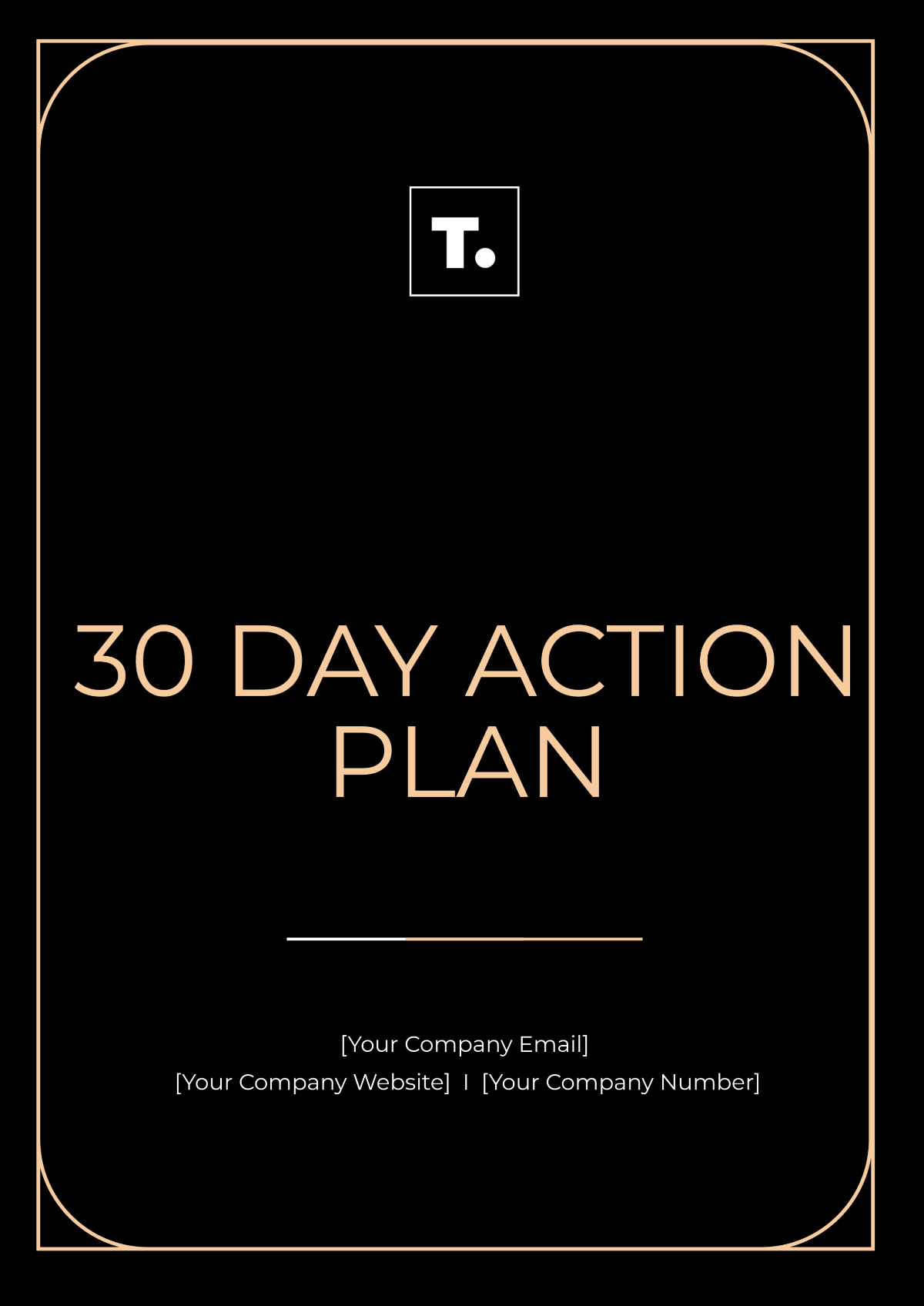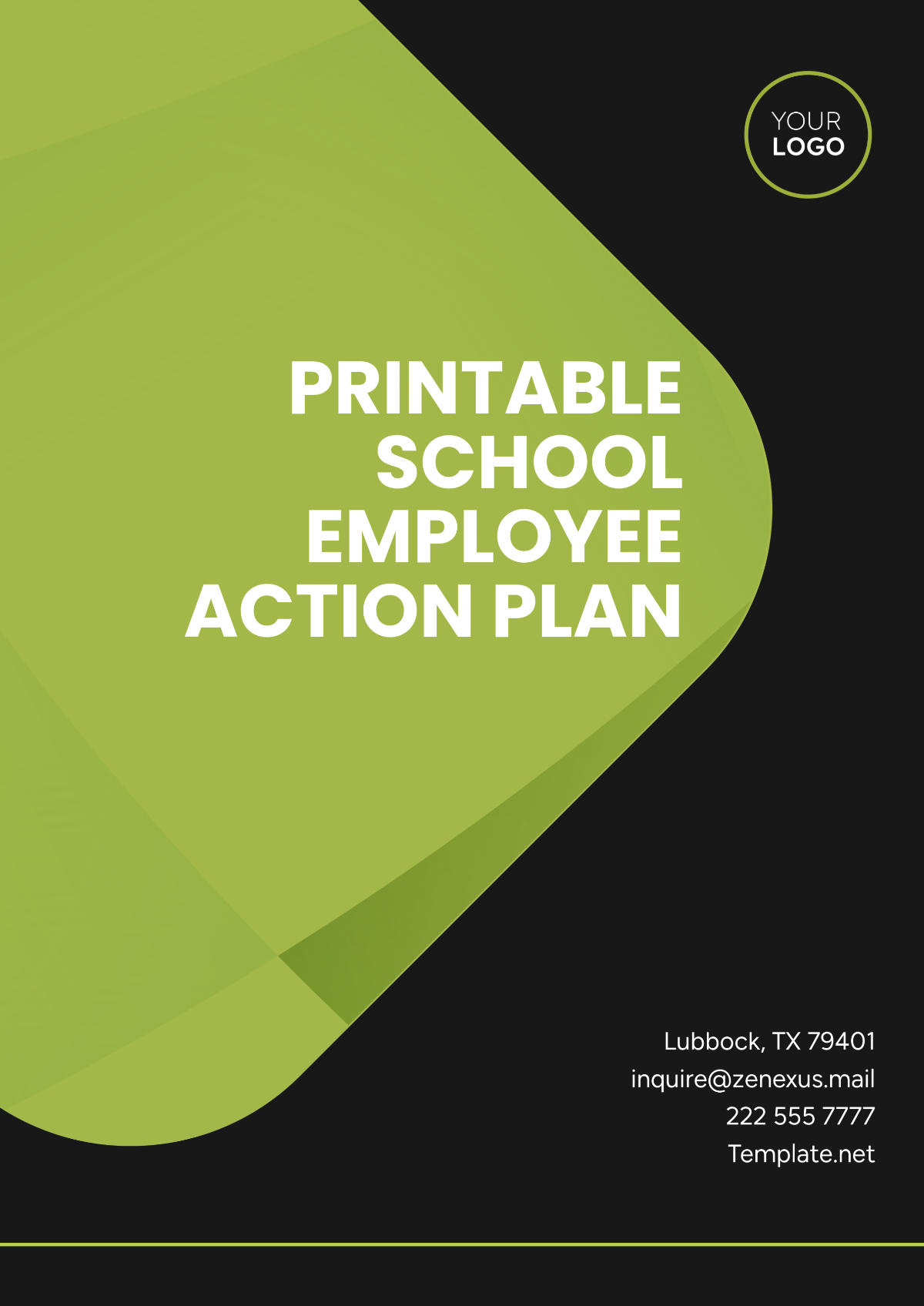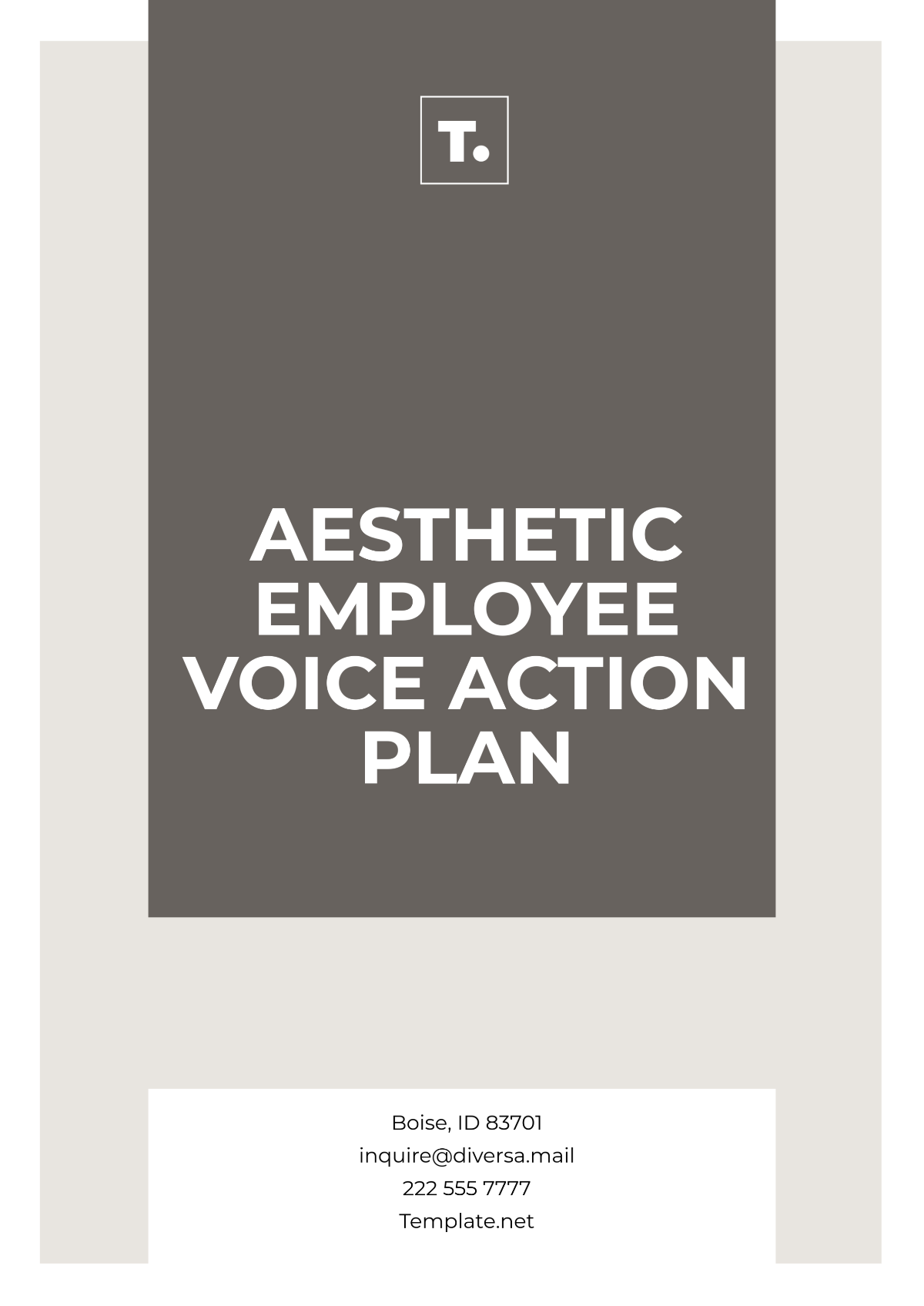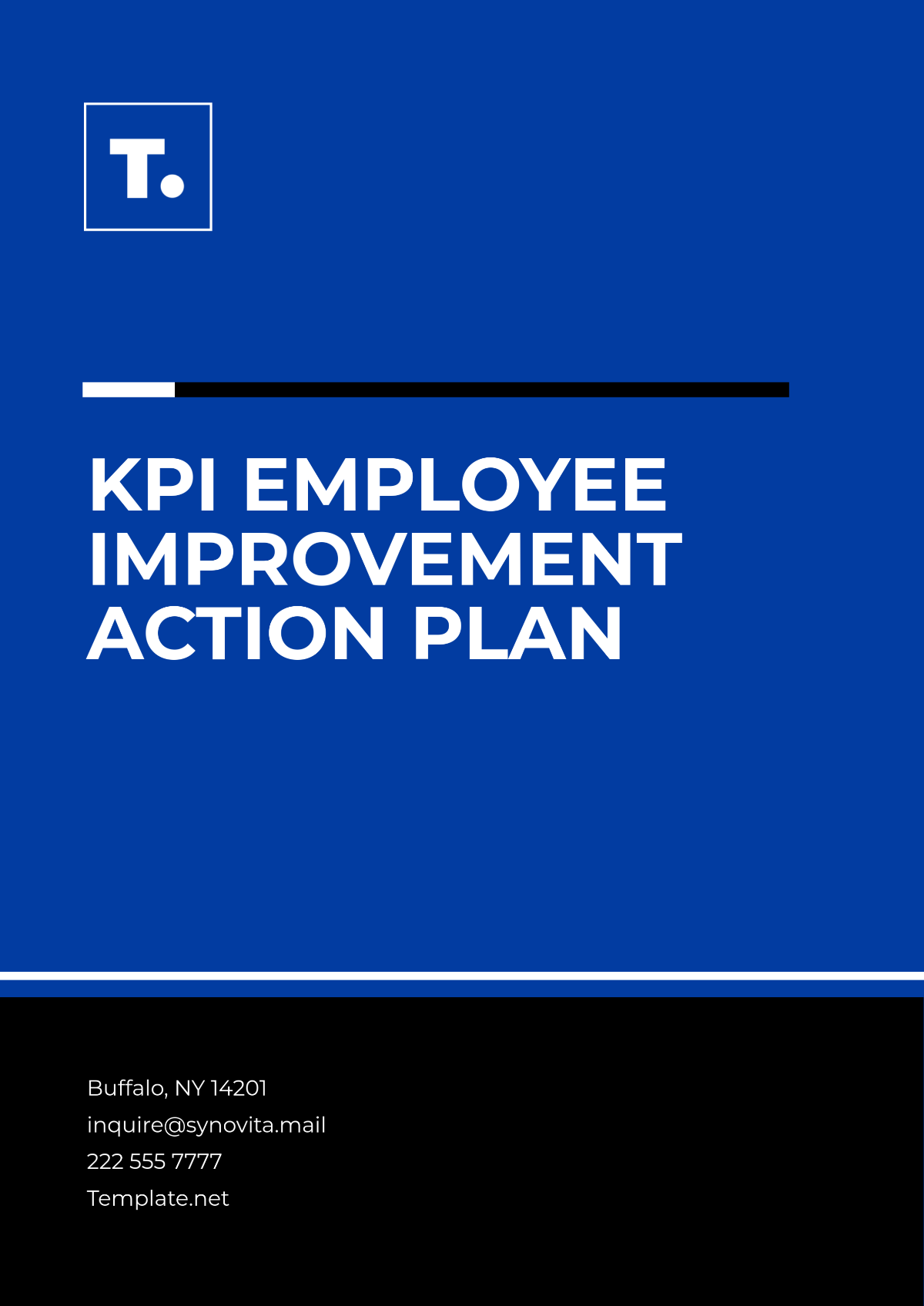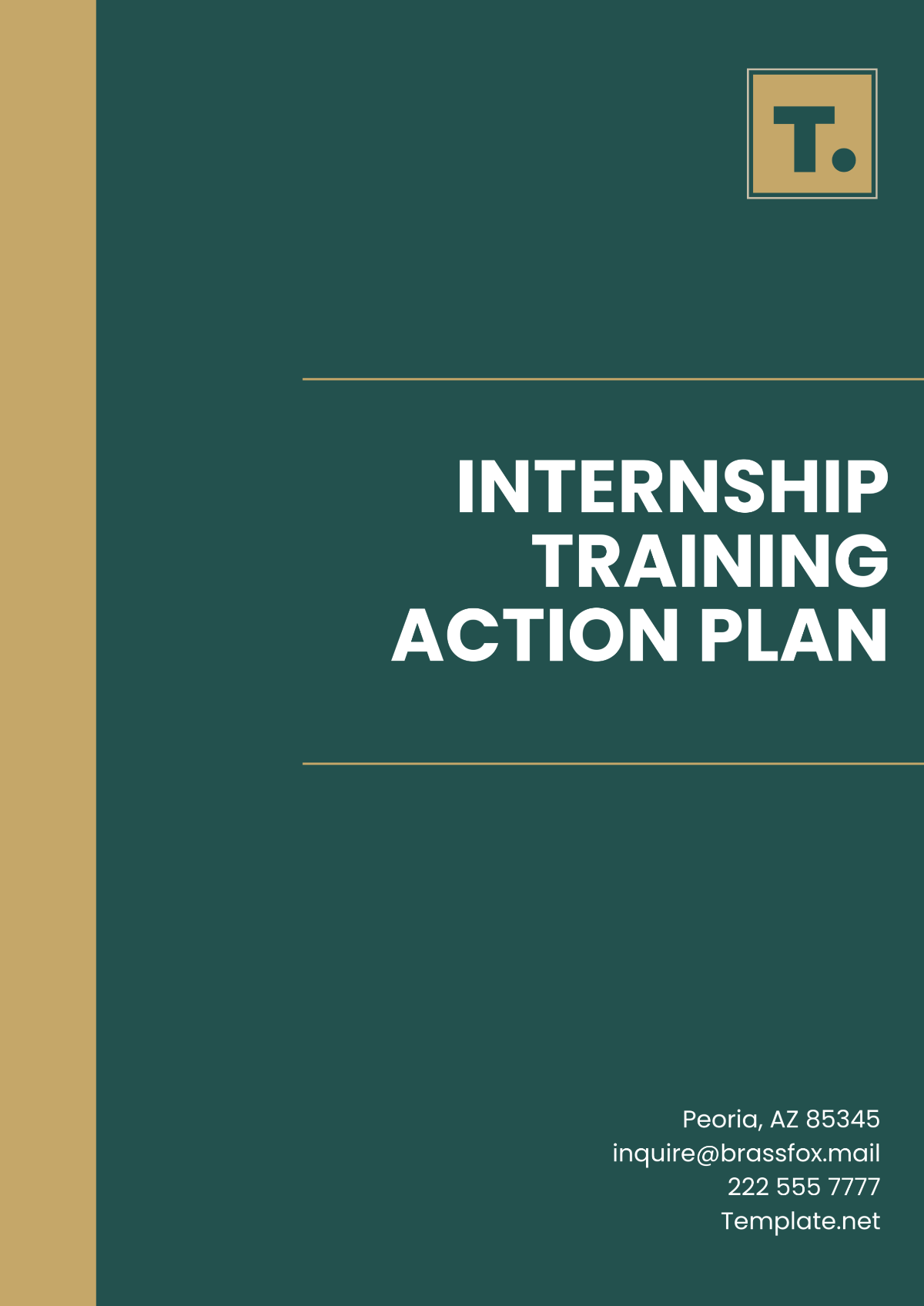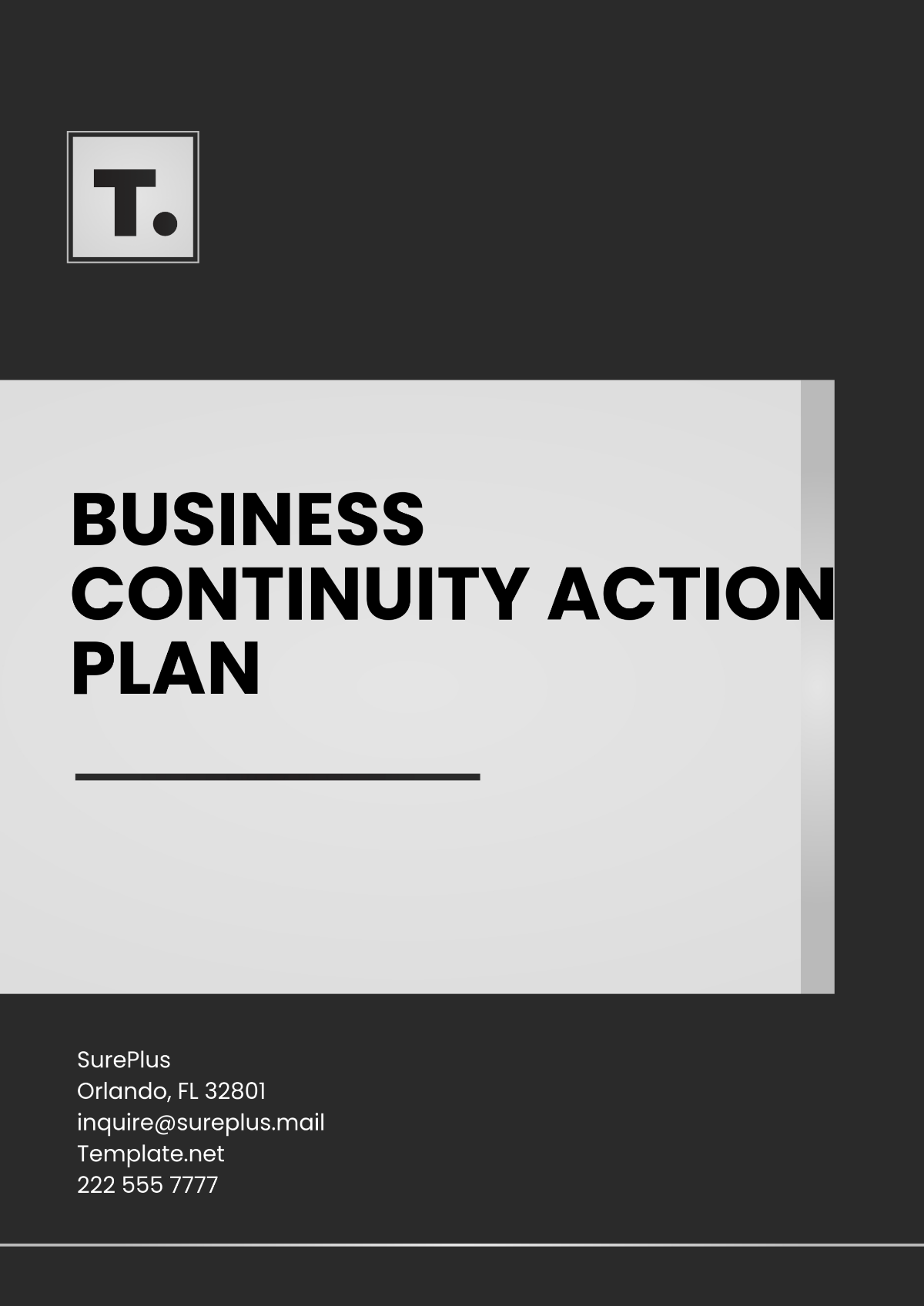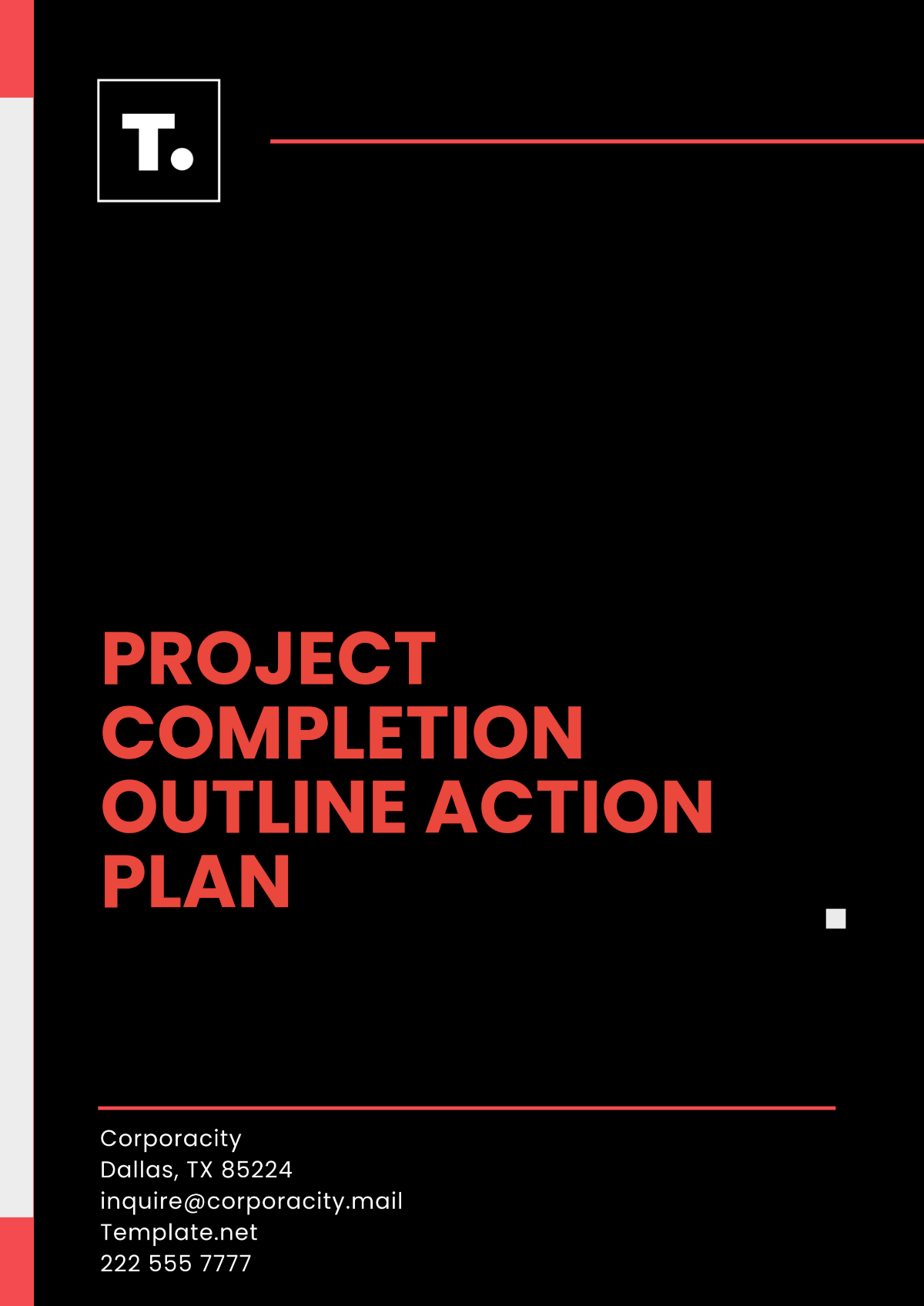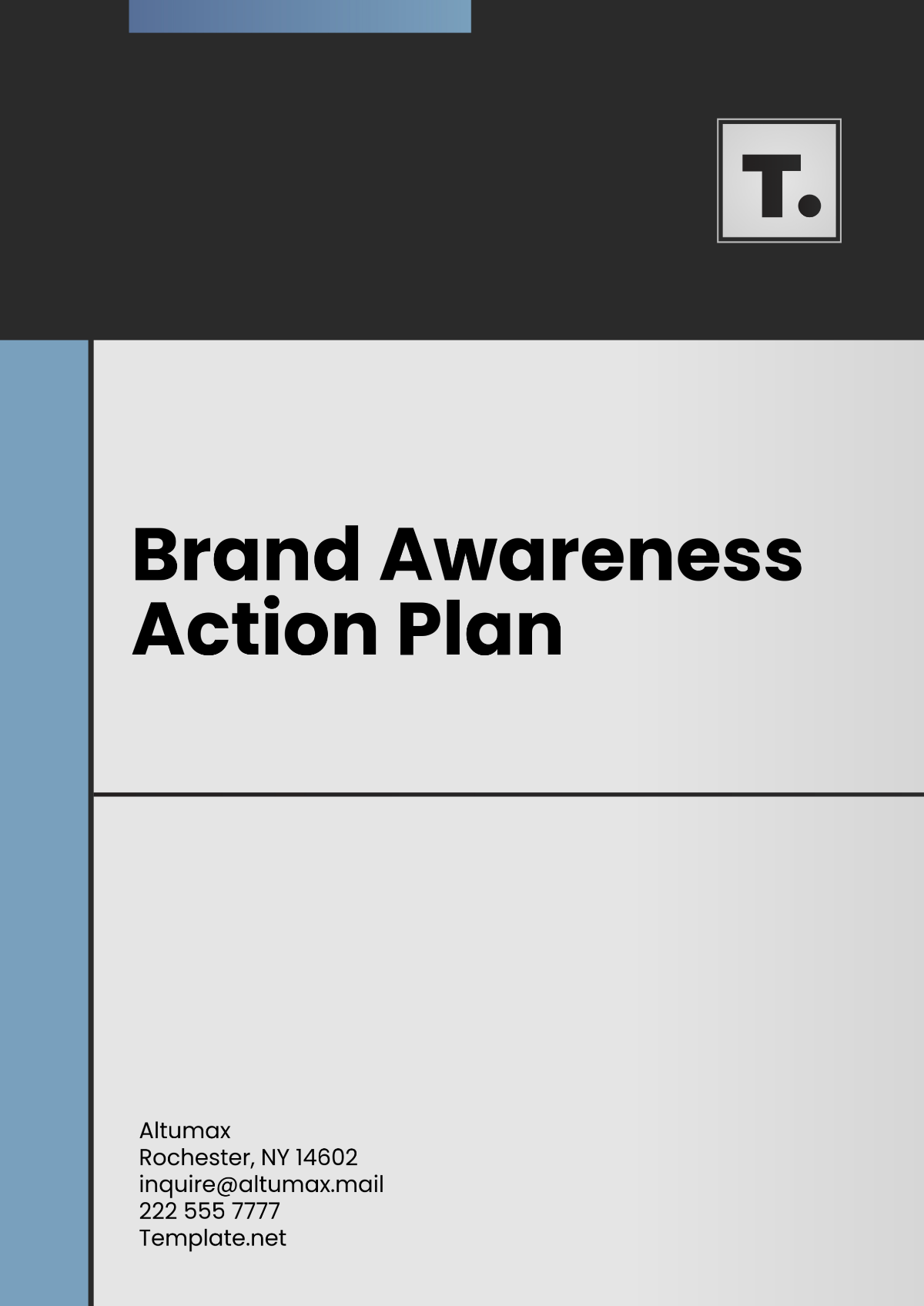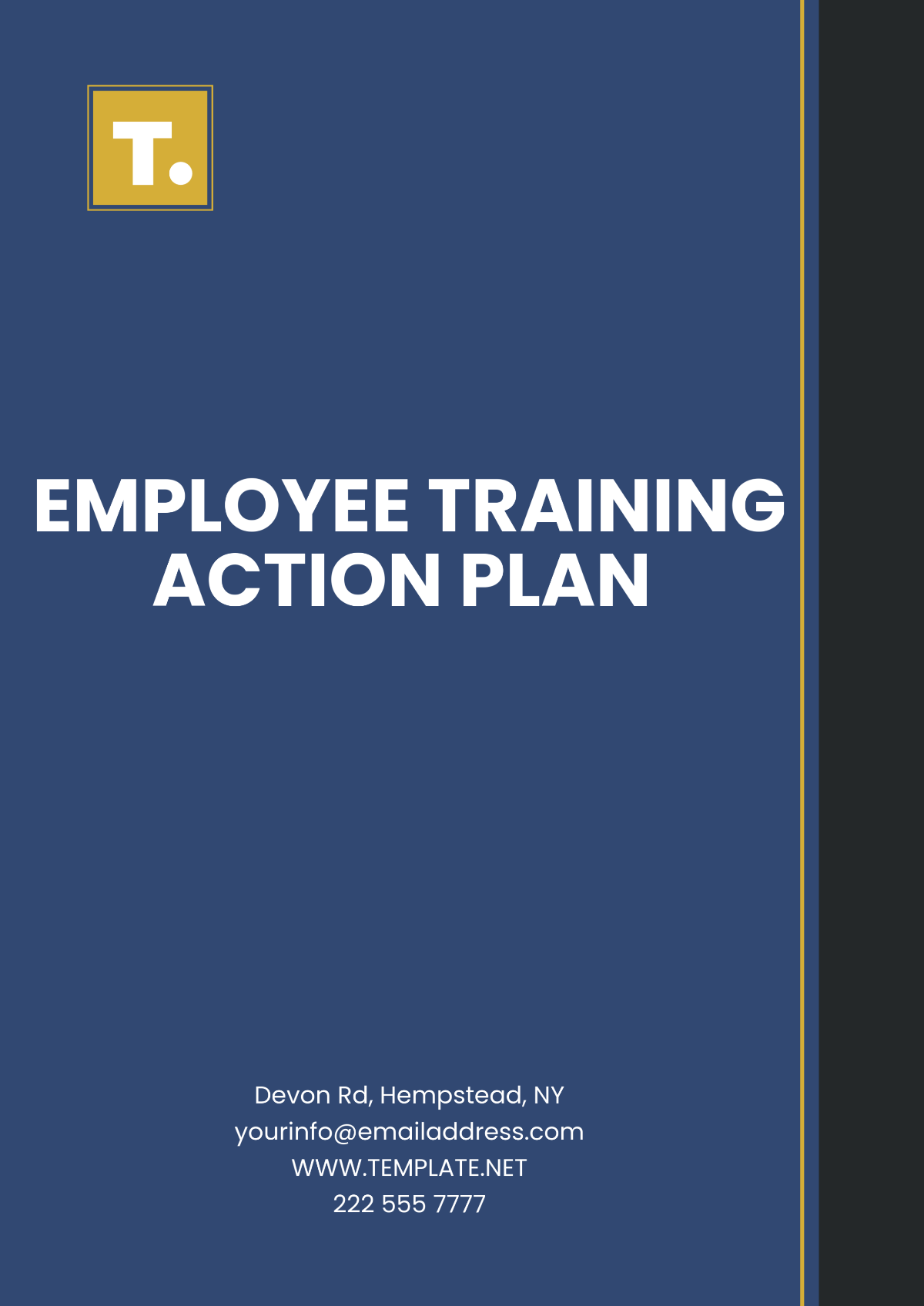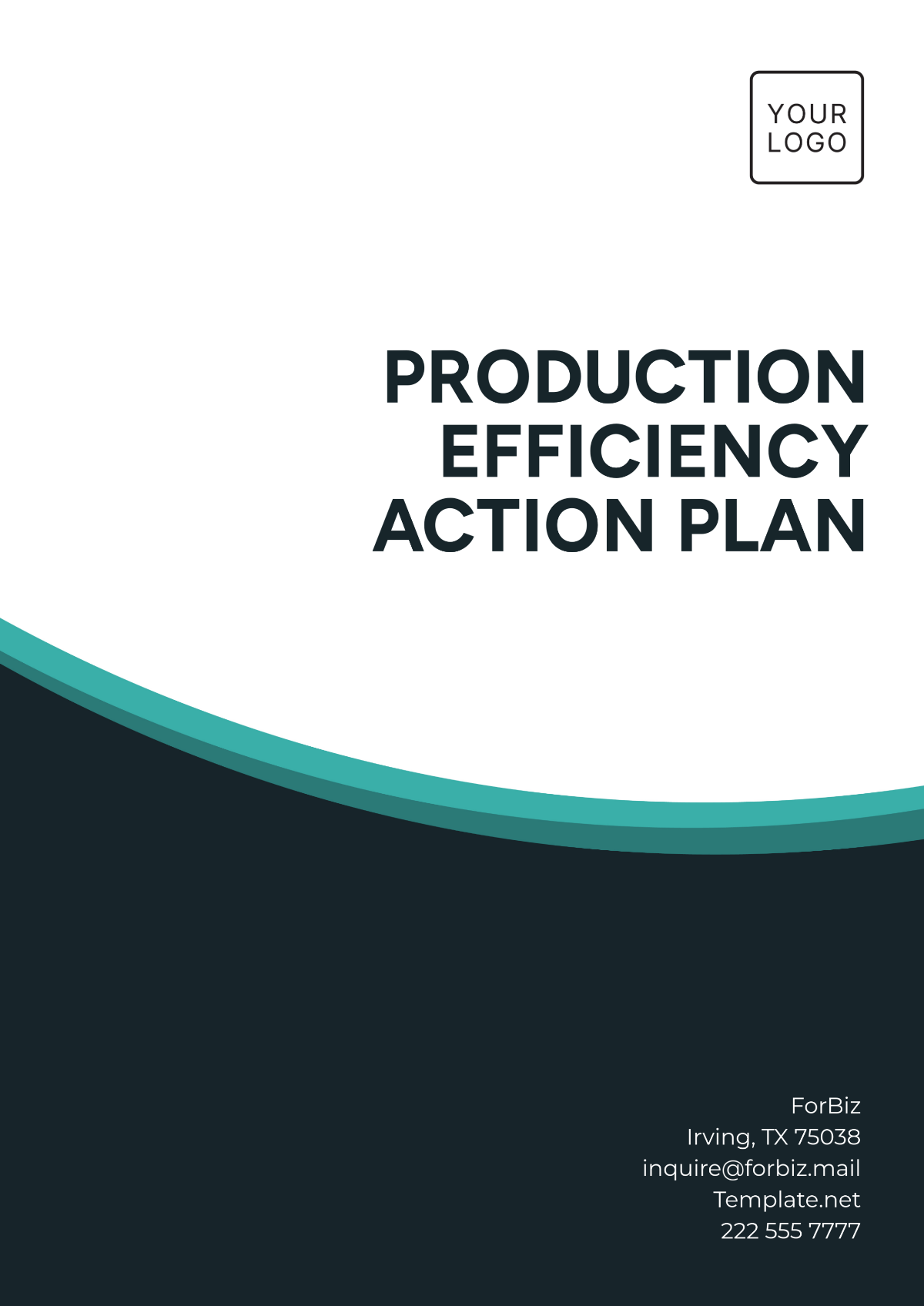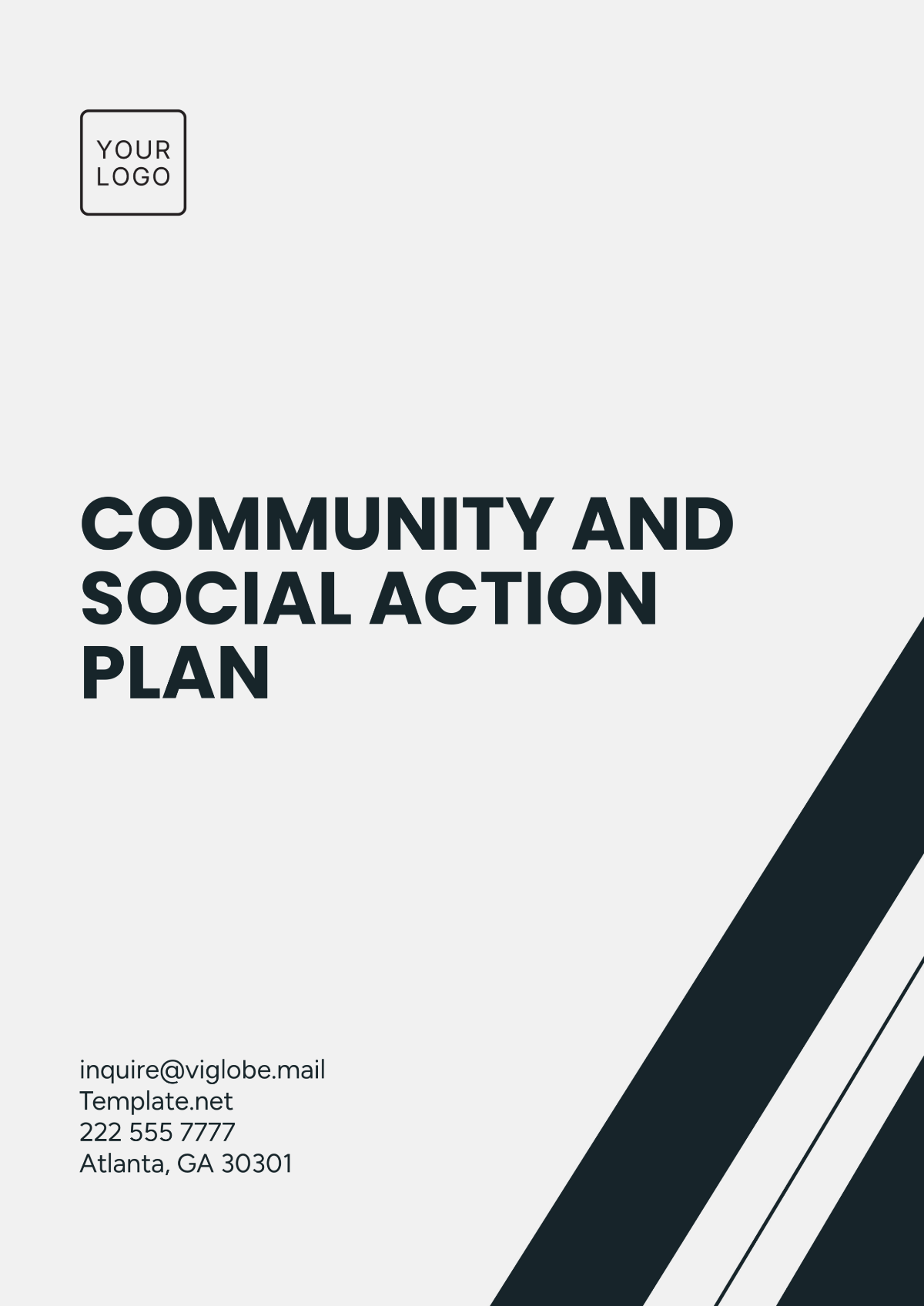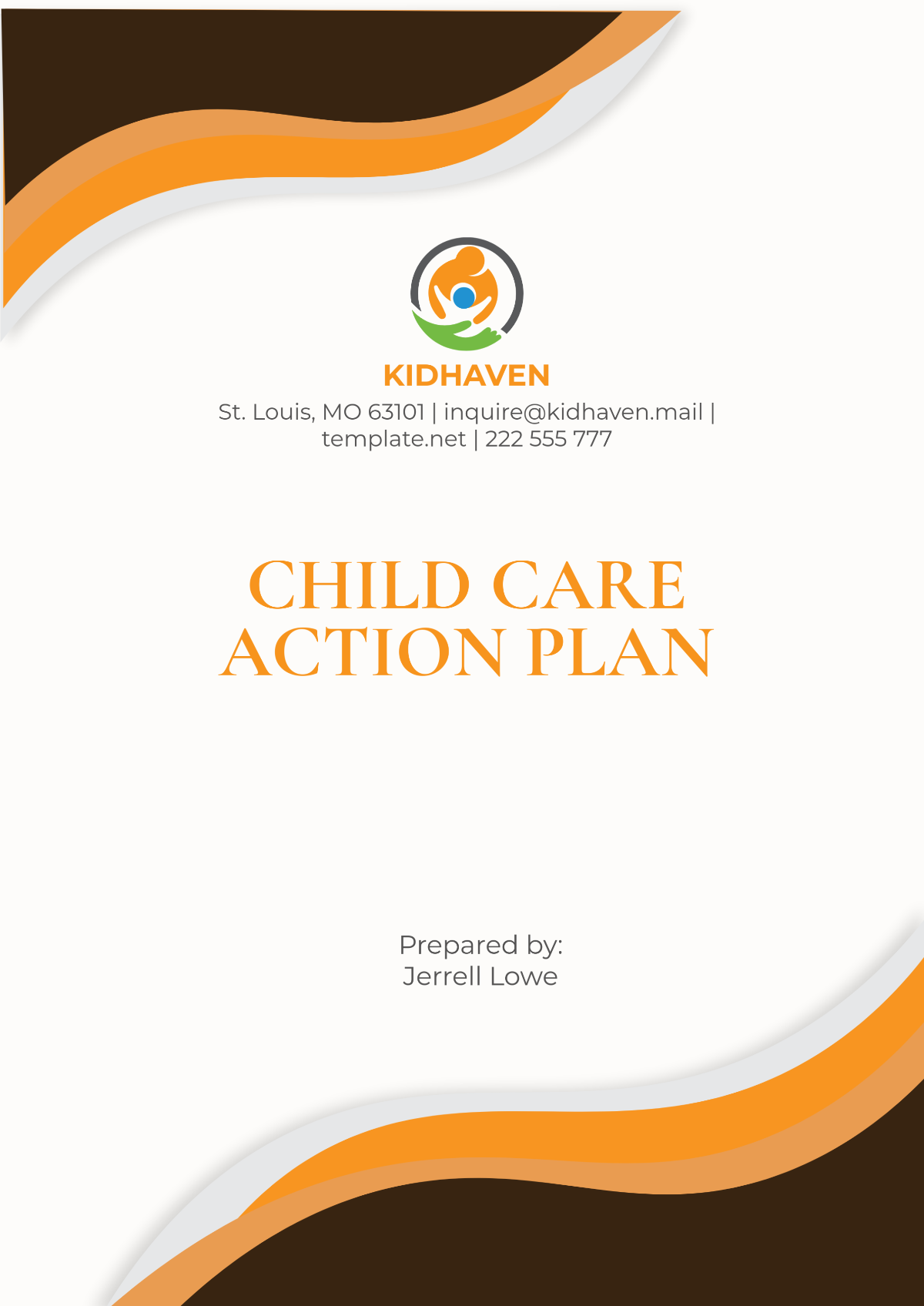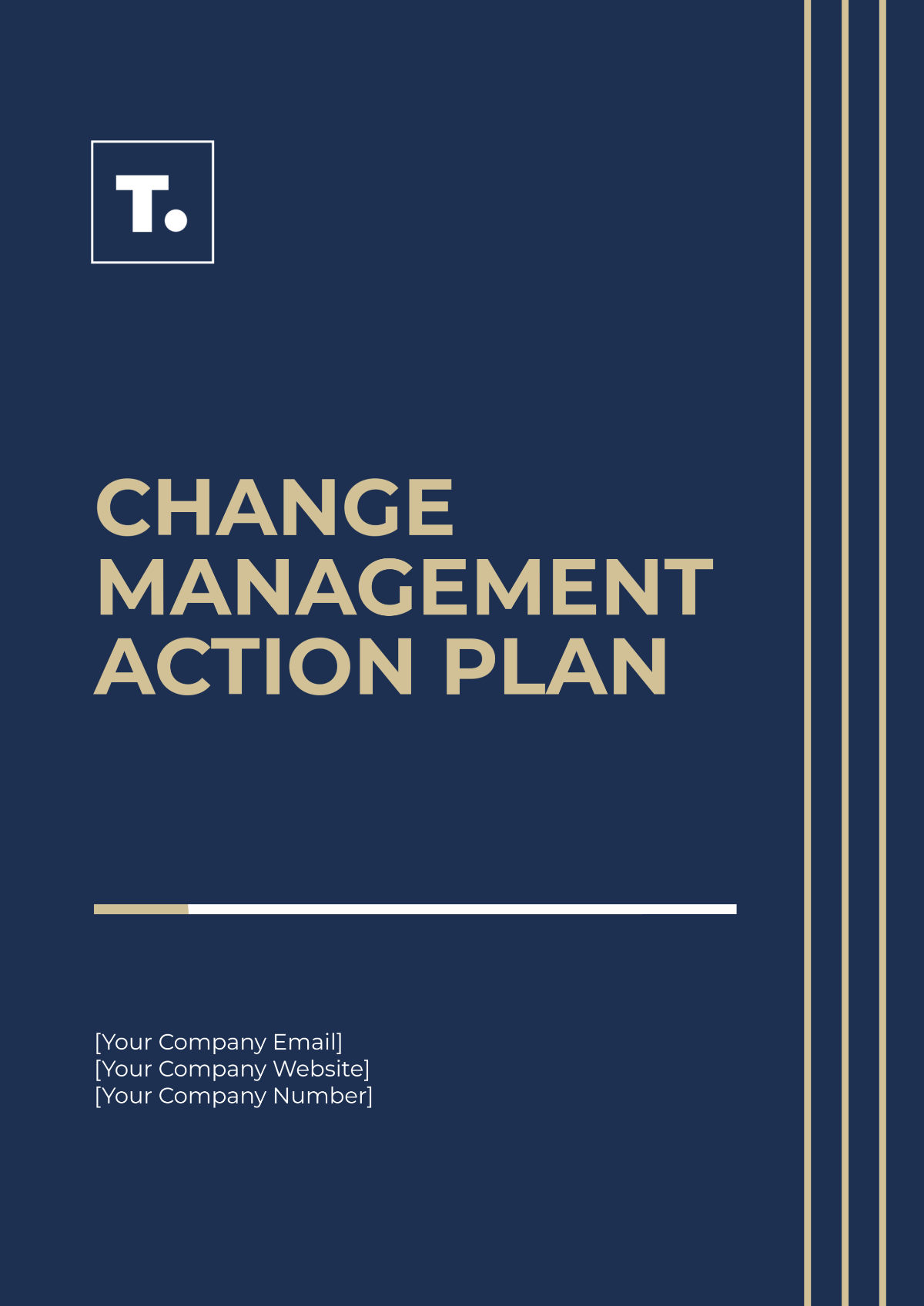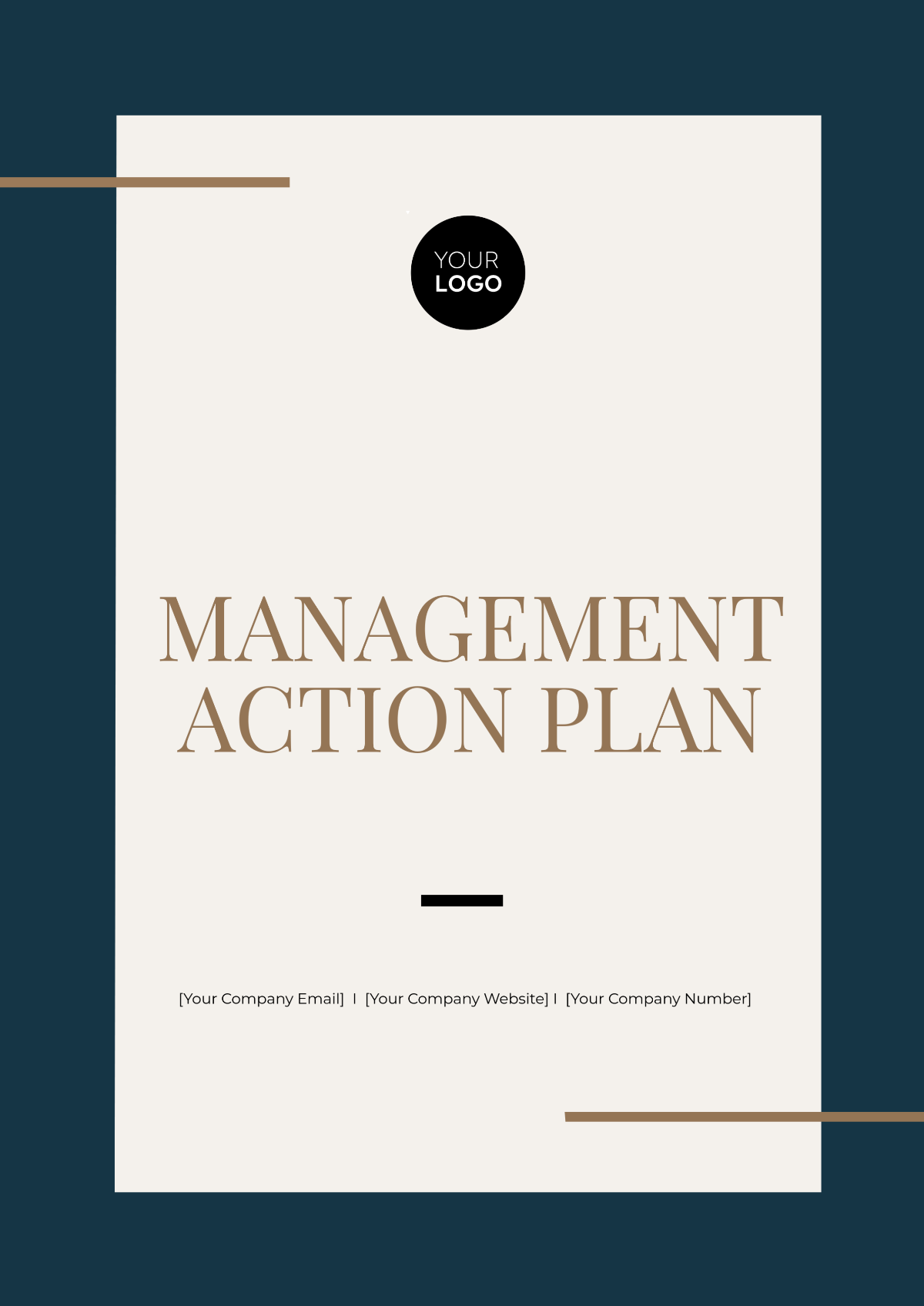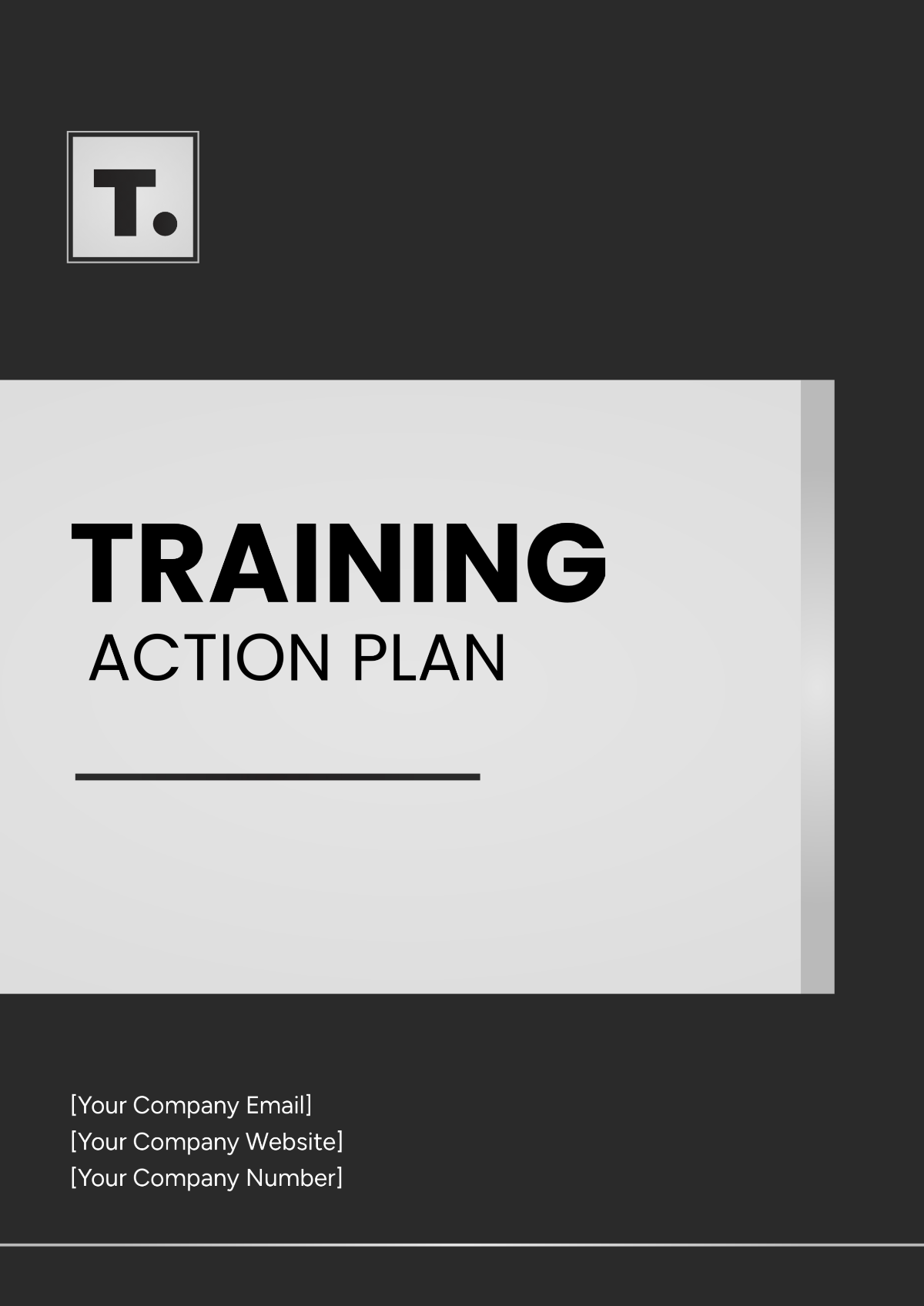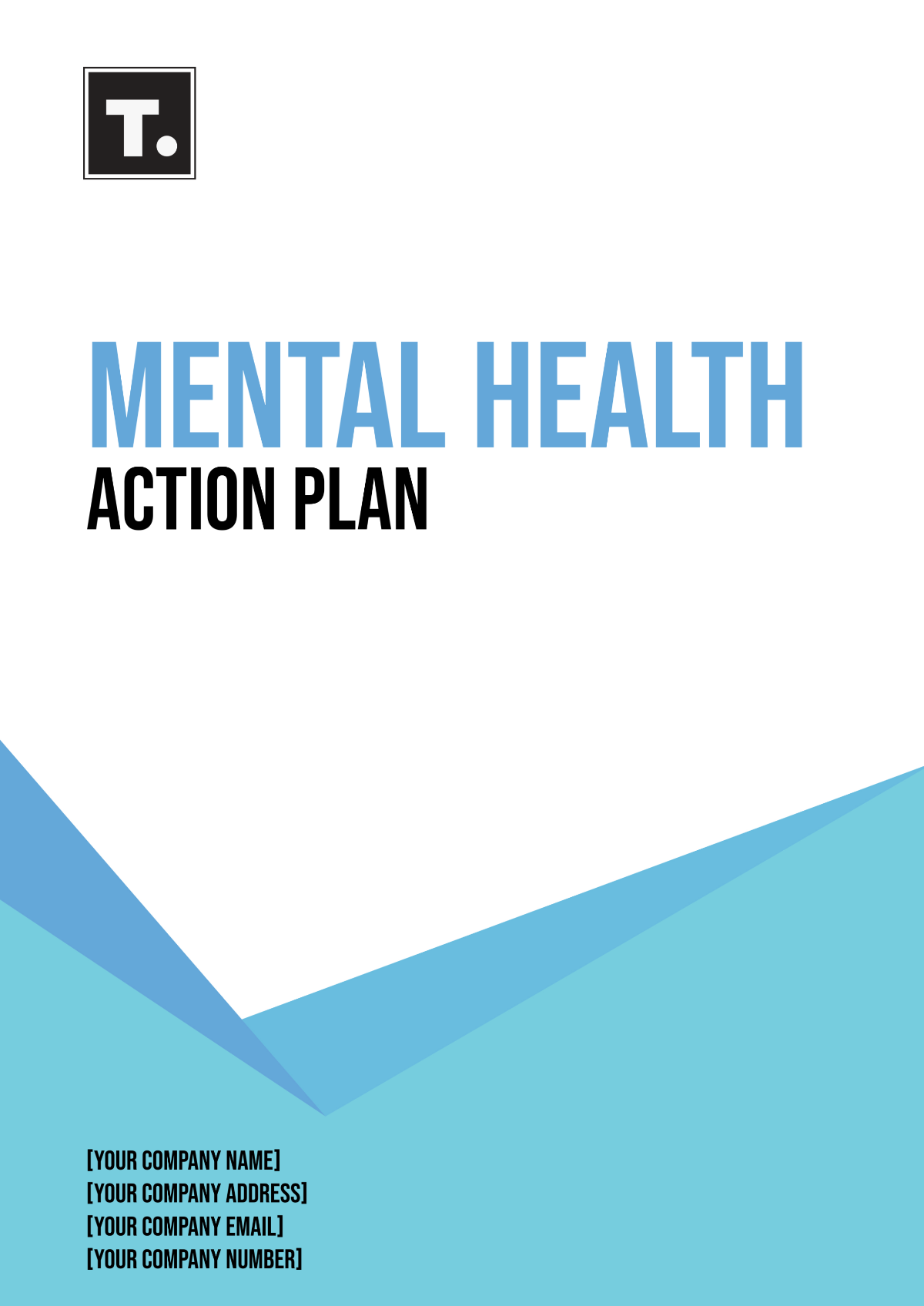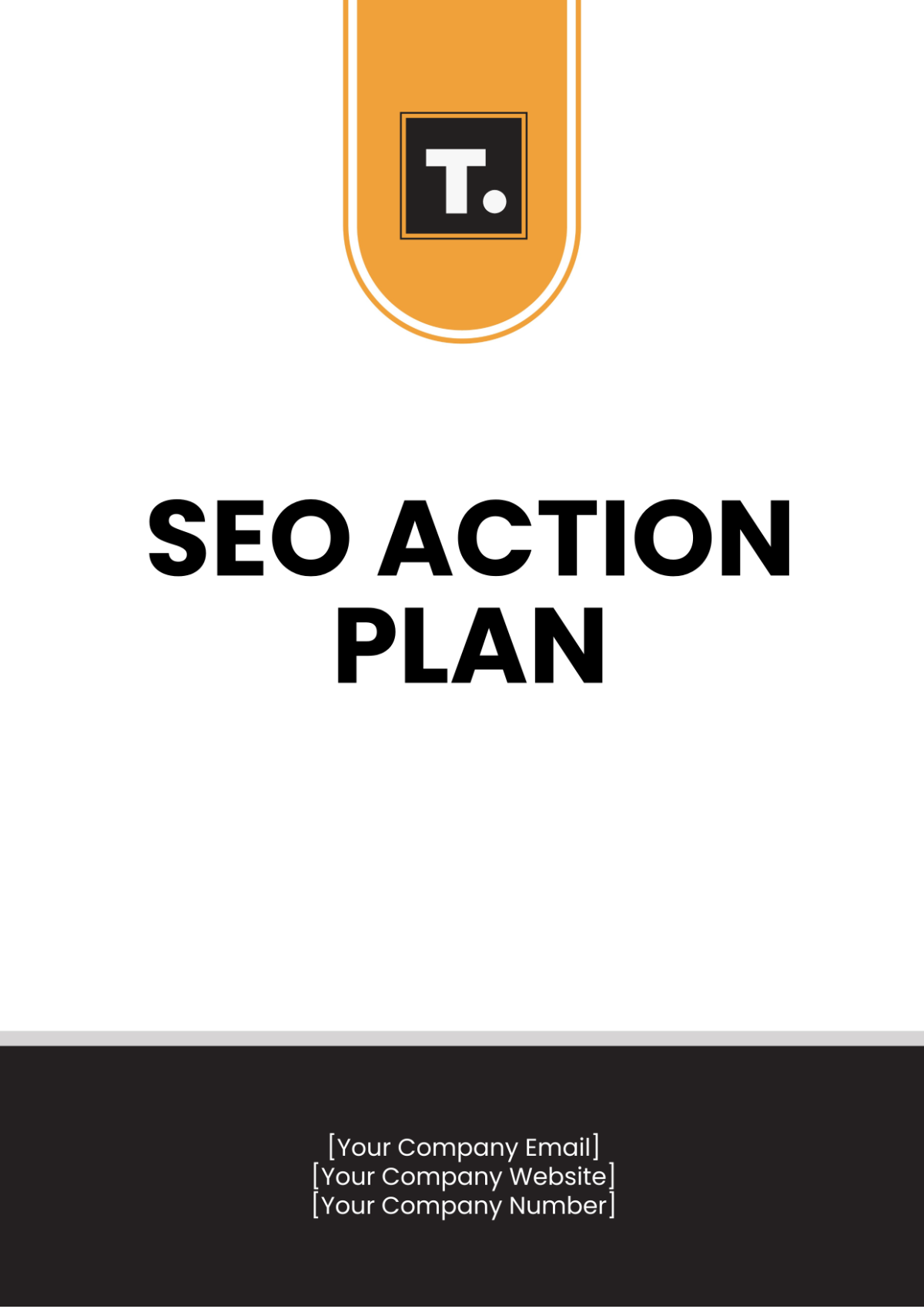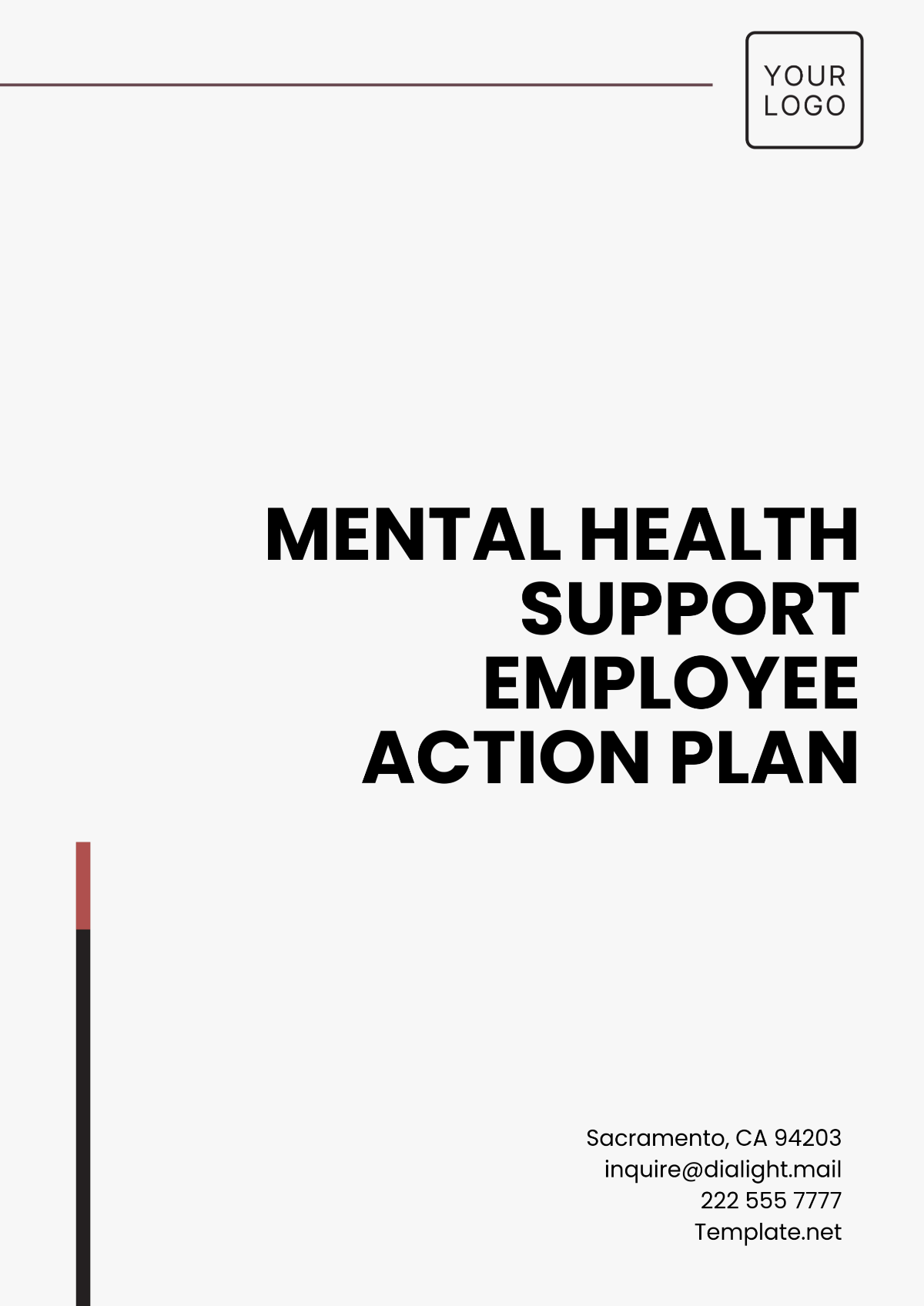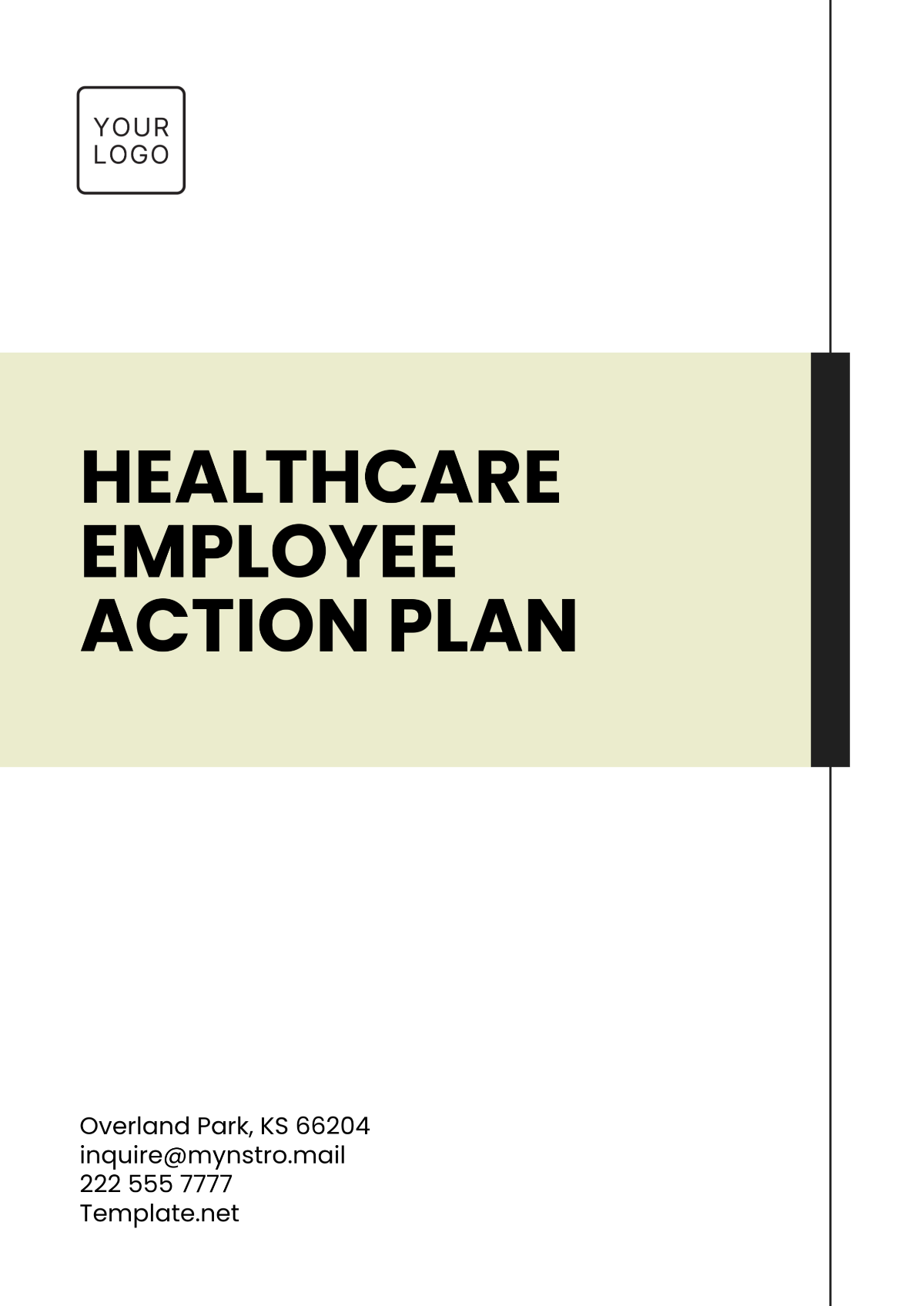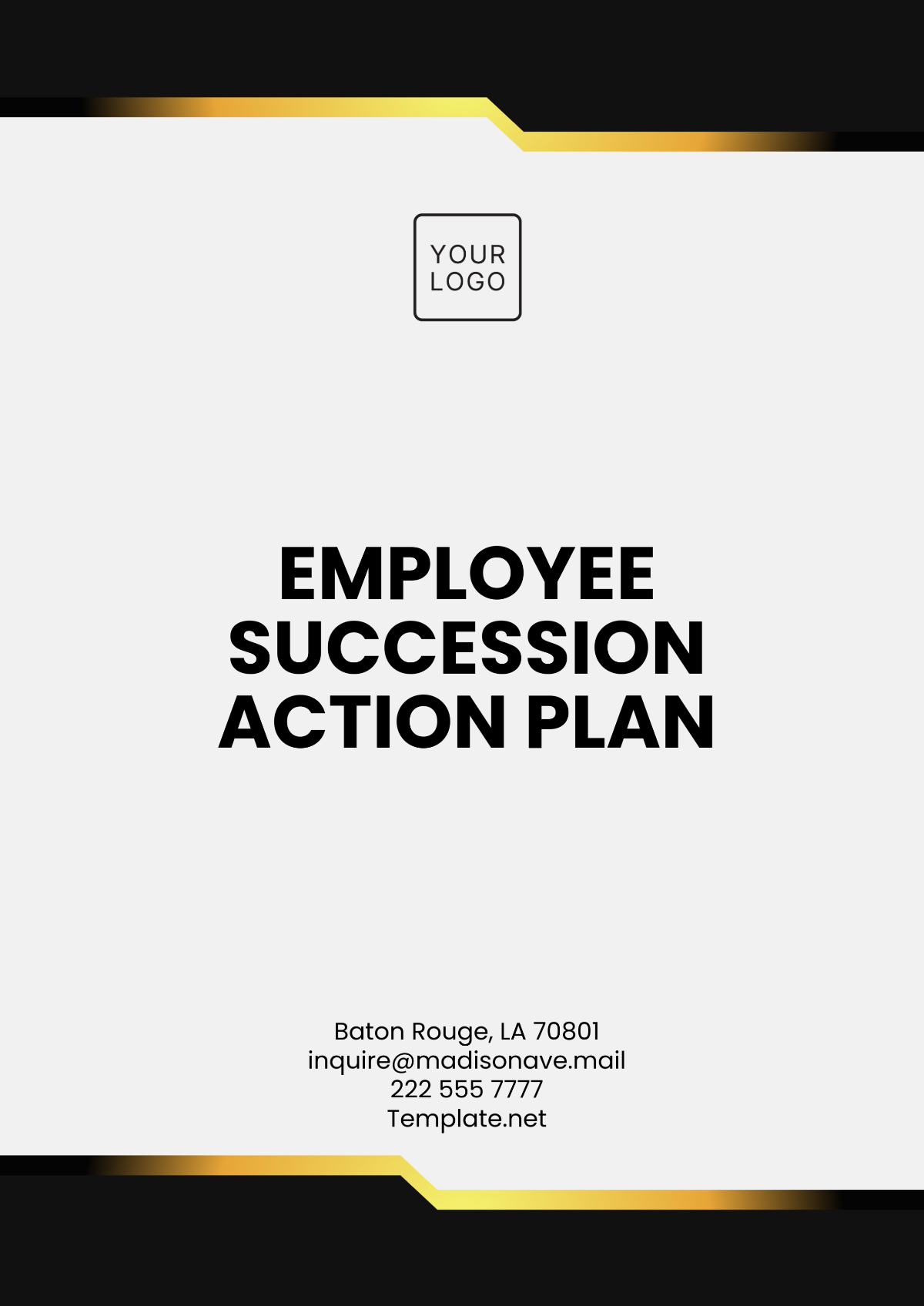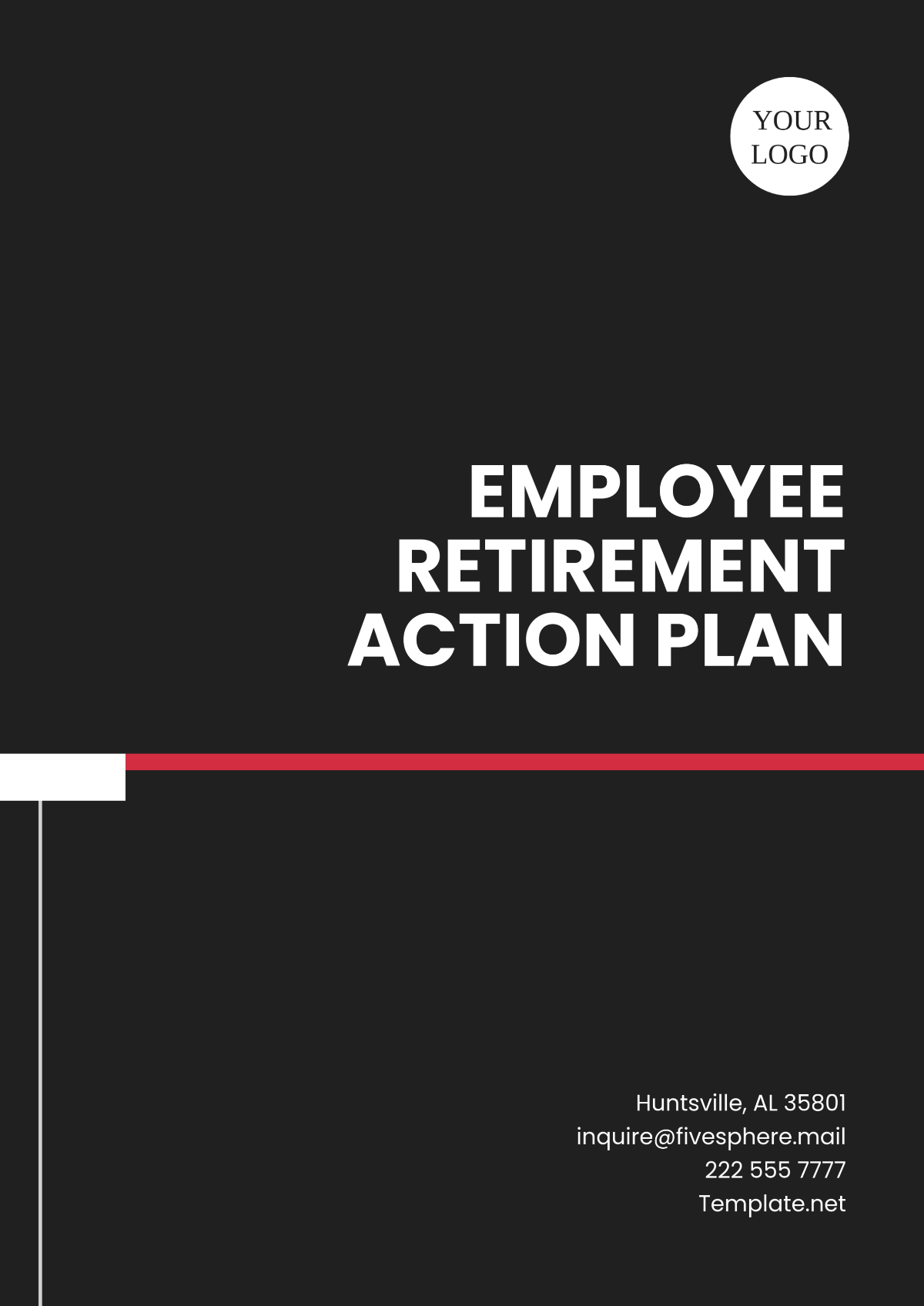Mental Health Smart Action Plan
Date: January 7, 2055
Prepared by: [Your Name]
Company: [Your Company Name]
Email: [Your Email]
1. Goal Overview
Goal Statement:
To improve my overall mental health and well-being by actively addressing stress, anxiety, and emotional challenges through self-care, therapy, and structured coping mechanisms.
Specific: I will address the root causes of my stress and mental health challenges and create a personalized wellness plan.
Measurable: I will track my progress through regular journal entries and feedback from my therapist.
Achievable: With the support of therapy, self-care routines, and mindfulness practices, I can manage and improve my mental health.
Relevant: Mental health is a priority for me to enhance my quality of life, increase productivity, and maintain healthy relationships.
Time-bound: I aim to make significant progress by April 2055, with continuous evaluation and adjustments along the way.
2. Action Steps
1. Assess Current Mental Health Status
Action: Complete a comprehensive mental health assessment, both self-reflection and through a mental health professional.
Timeline: By January 14, 2055.
Resources: Use online mental health assessments like the PHQ-9 or GAD-7, and schedule an initial consultation with a therapist or counselor.
Success Measure: Completed self-assessment and therapist consultation. The therapist will provide a personalized assessment report and treatment plan.
2. Identify Key Stressors and Triggers
Action: Spend a week reflecting on personal experiences and writing down situations or people that cause stress, anxiety, or negative emotions.
Timeline: By January 21, 2055.
Resources: Journaling, mindfulness practices, therapist’s guidance.
Success Measure: A detailed list of primary stressors and triggers (e.g., work pressure, lack of sleep, certain social situations).
3. Create a Coping Strategy Plan
Action: Develop practical coping mechanisms to handle specific triggers. This could include meditation, breathing exercises, time management strategies, and establishing boundaries.
Timeline: By February 7, 2055.
Resources: Apps like Calm, Headspace, and Insight Timer for meditation; therapy resources; online stress management courses.
Success Measure: A written plan of coping strategies with detailed steps on how to implement them in real-life situations (e.g., taking a 5-minute break every hour, practicing deep breathing when feeling anxious).
4. Establish a Routine for Mental Wellness
Action: Set up a daily routine incorporating mental health practices such as mindfulness, physical activity, journaling, and relaxation.
Timeline: Ongoing, with first review on February 14, 2055.
Resources: Yoga sessions (online or in-person), fitness apps (e.g., Nike Training Club), journaling apps (e.g., Daylio).
Success Measure: A daily routine that includes at least 30 minutes of physical exercise, 10 minutes of mindfulness practice, and 15 minutes of journaling or reflecting on the day.
5. Seek Professional Support
Action: Commit to regular therapy sessions, at least once a month, and attend support groups if necessary.
Timeline: Start by January 21, 2055, and schedule sessions every month.
Resources: Local therapists, online therapy services (e.g., BetterHelp, Talkspace), mental health hotlines.
Success Measure: Monthly check-ins with a therapist, and possibly joining support groups (e.g., group therapy, online mental health forums). Progress can be tracked based on therapeutic feedback.
6. Track Progress
Action: Keep a detailed mental health journal to track moods, triggers, emotional responses, and coping strategies effectiveness.
Timeline: Ongoing, with bi-weekly check-ins.
Resources: Journaling tools like Penzu, Journey, or traditional paper journals.
Success Measure: A journal that reflects consistent tracking of mood, symptoms, and strategies for managing mental health. Regular reflection on progress (bi-weekly).
3. Review and Adjustments
First Review: March 1, 2055 – Review the progress of the action plan, evaluate what's working, and make necessary adjustments to goals or strategies.
Ongoing Reviews: Every 3 months after the initial review. The goal is to assess progress and adjust the approach based on current mental health and needs.
4. Support Network
Therapist/Counselor:
Dr. Jane Doe, Licensed Therapist
Contact Information: (555) 123-4567
Family or Friends:
John Smith (Brother) – Supportive conversations
Emily Lee (Best Friend) – Accountability and emotional support
Contact Information: Emily – (555) 789-0123
Emergency Contact:
Robert Brown (Father) – In case of urgent need
Contact Information: (555) 234-5678
Support Groups:
"Mindful Mental Health Group" (Online Therapy Group)
Contact: Group Moderator, [email@example.com]
This detailed Mental Health Smart Action Plan is designed to support continuous improvement in mental health, incorporating both professional support and personal commitment. The SMART goals, actionable steps, and resources create a structured pathway to achieving better mental health and well-being in the coming year and beyond.
